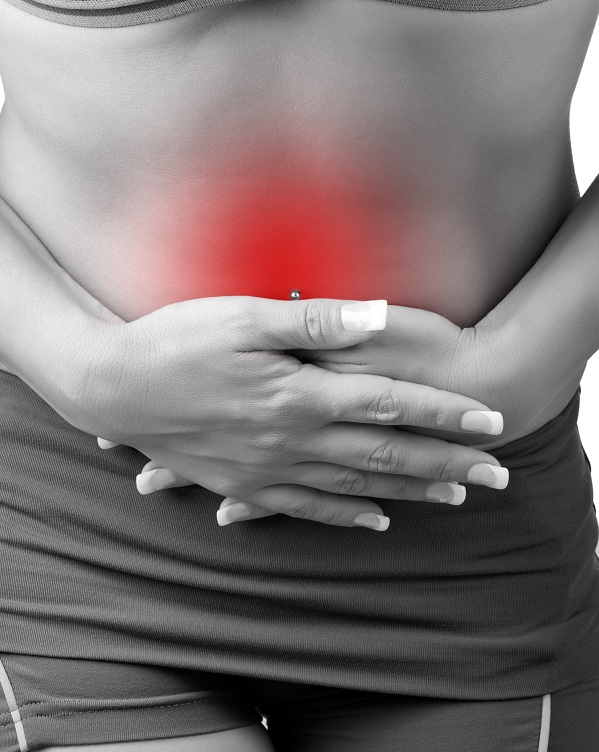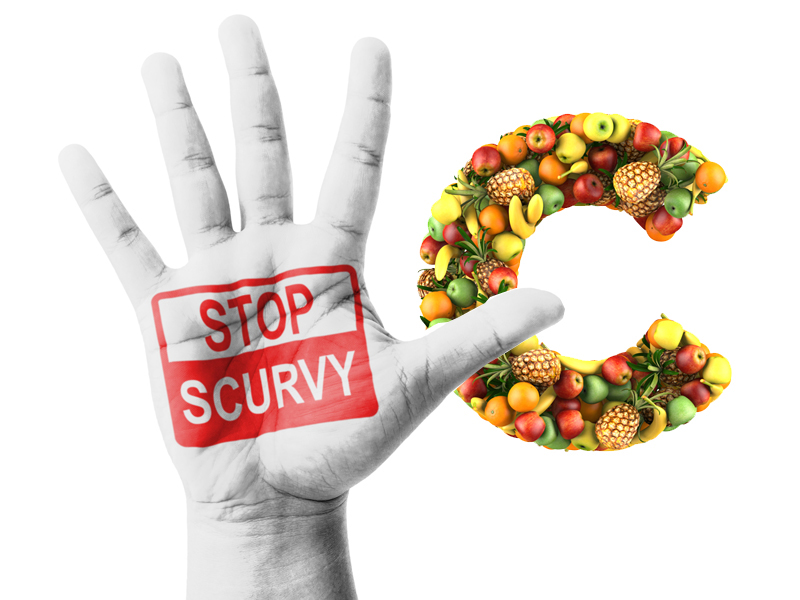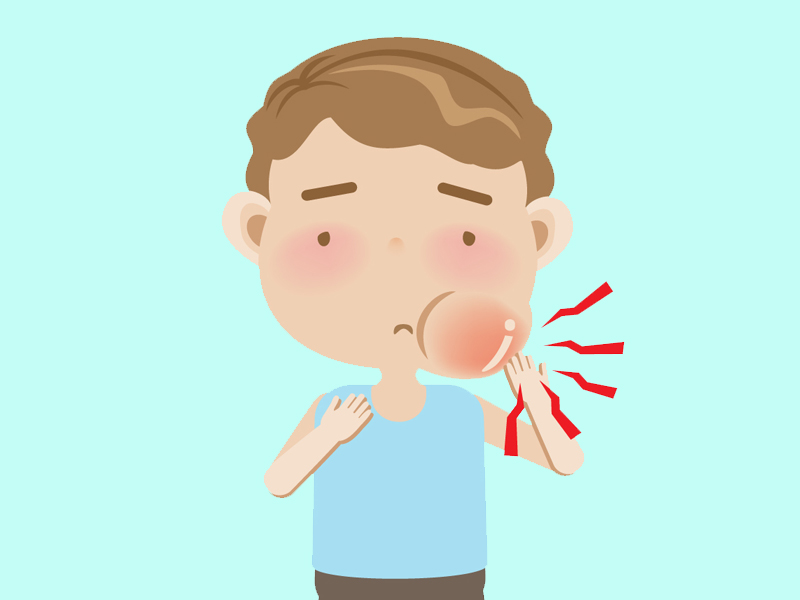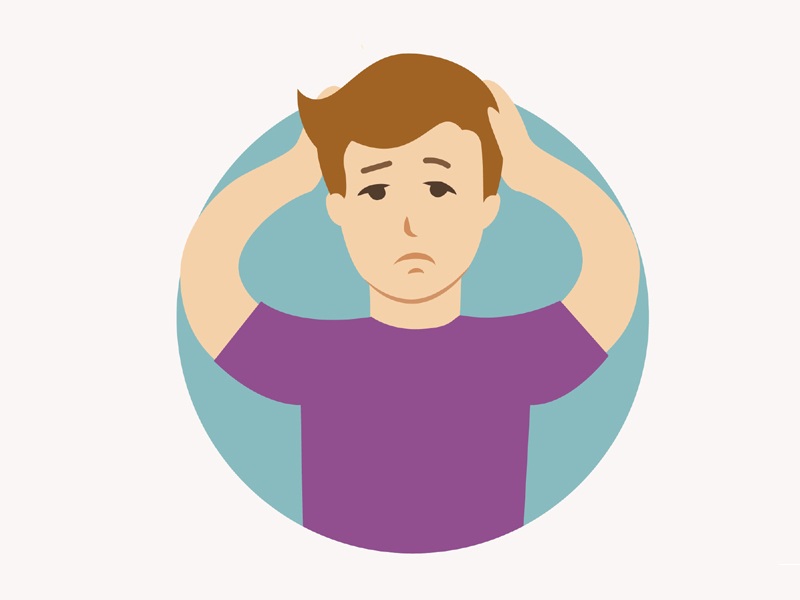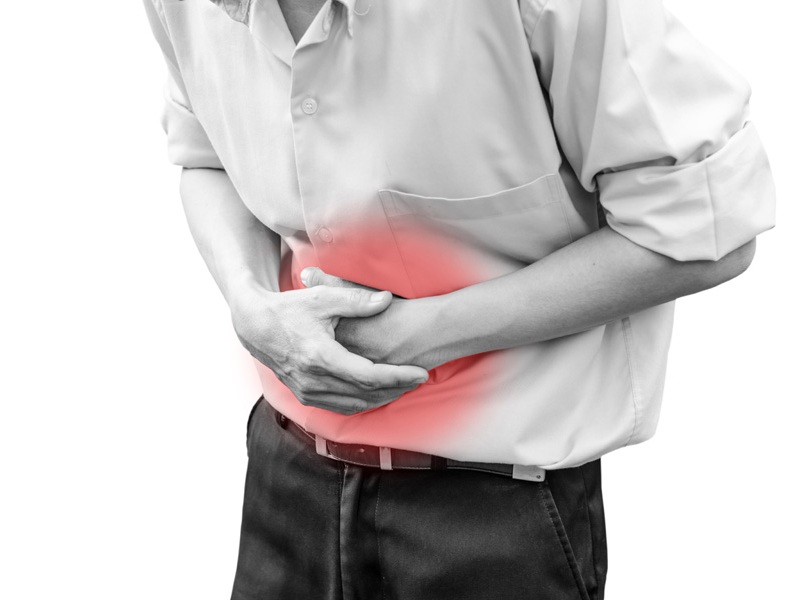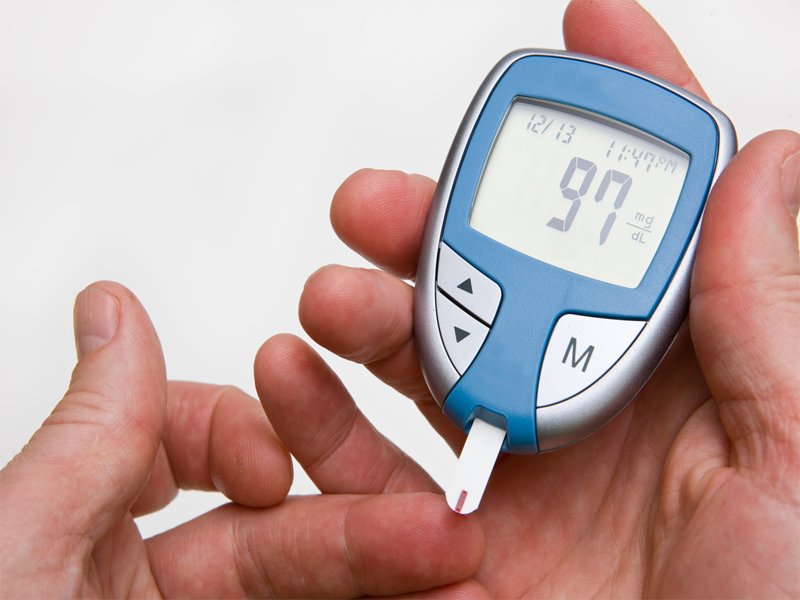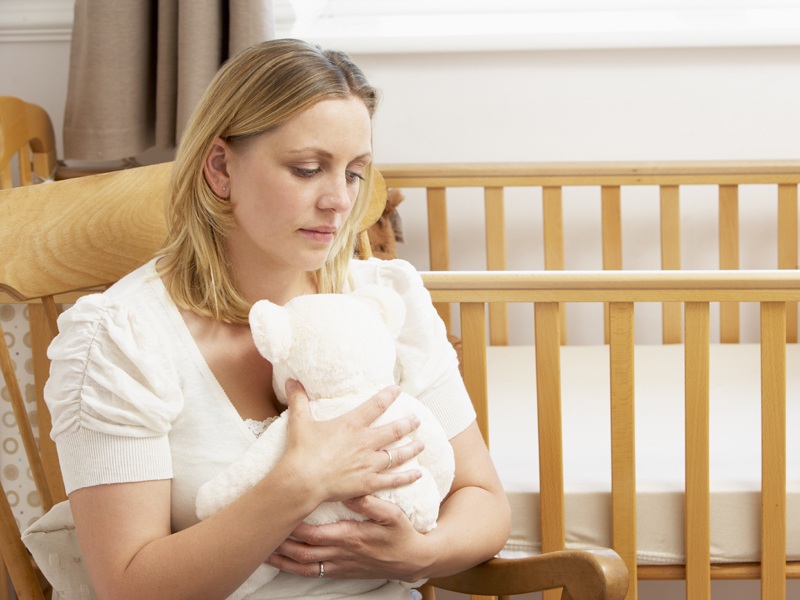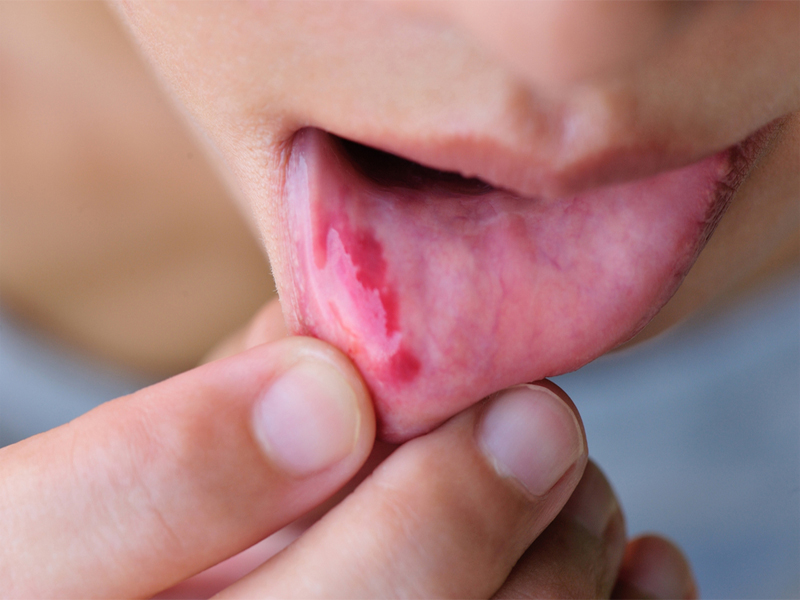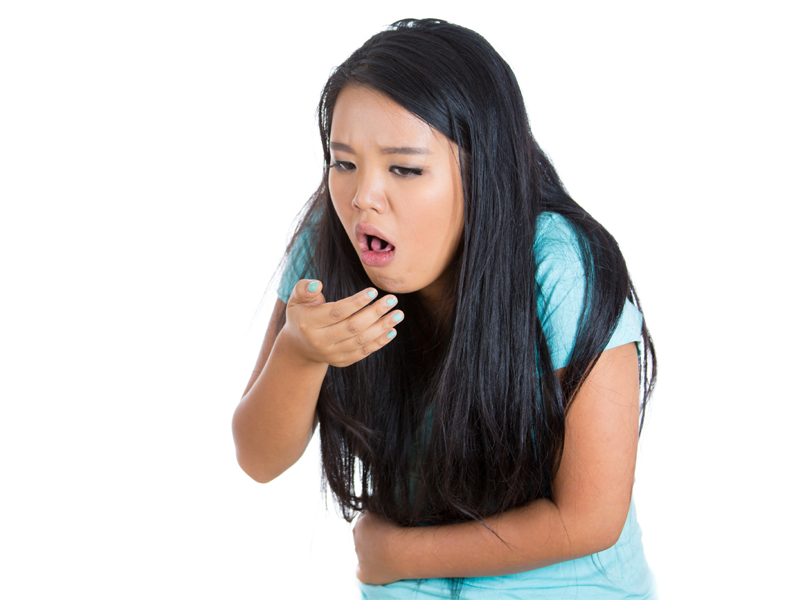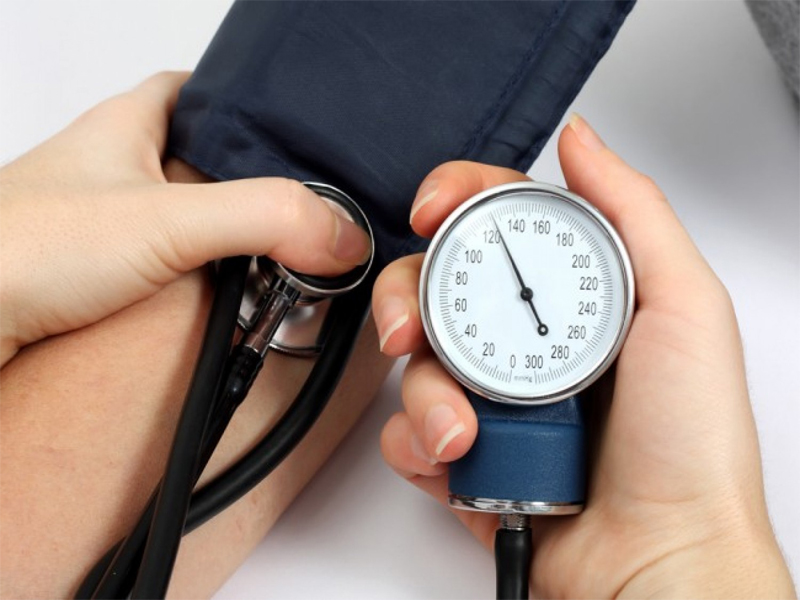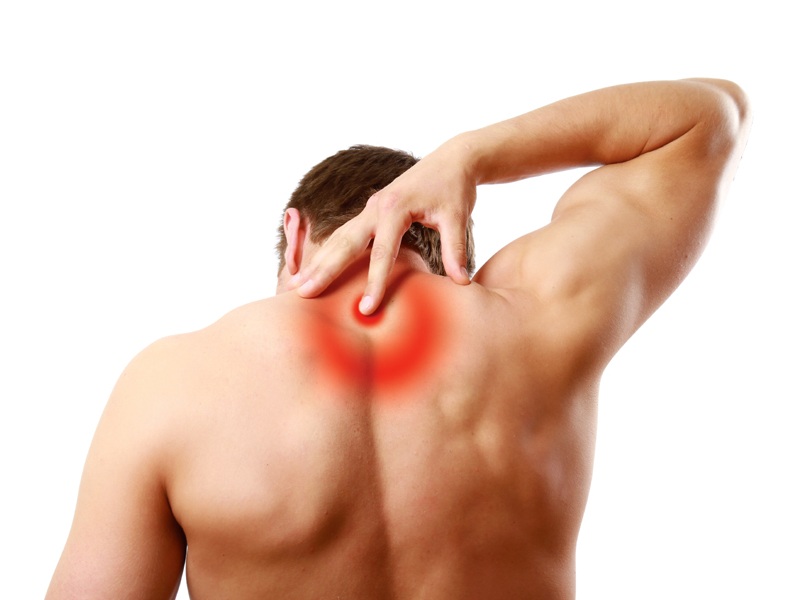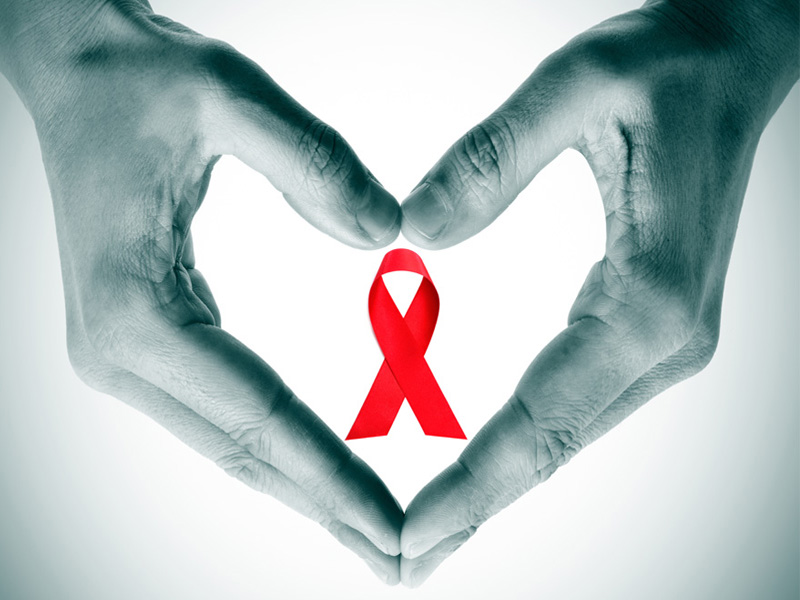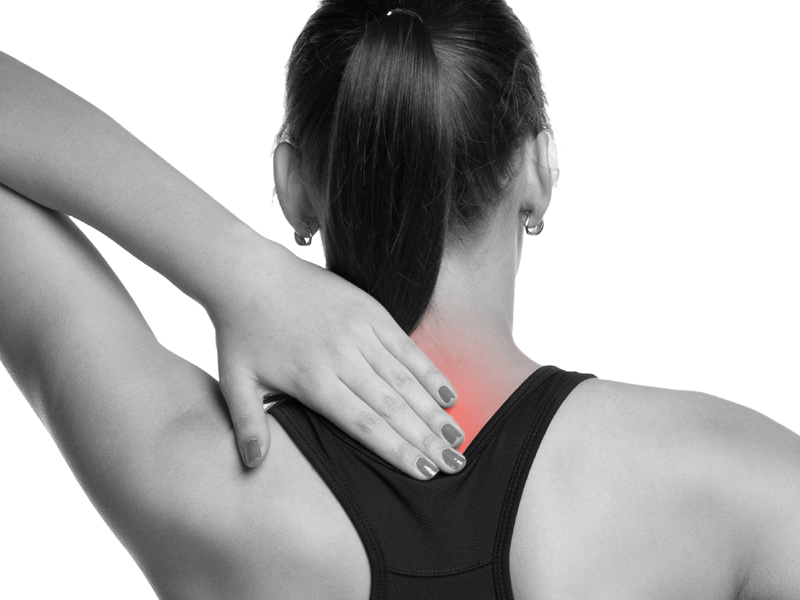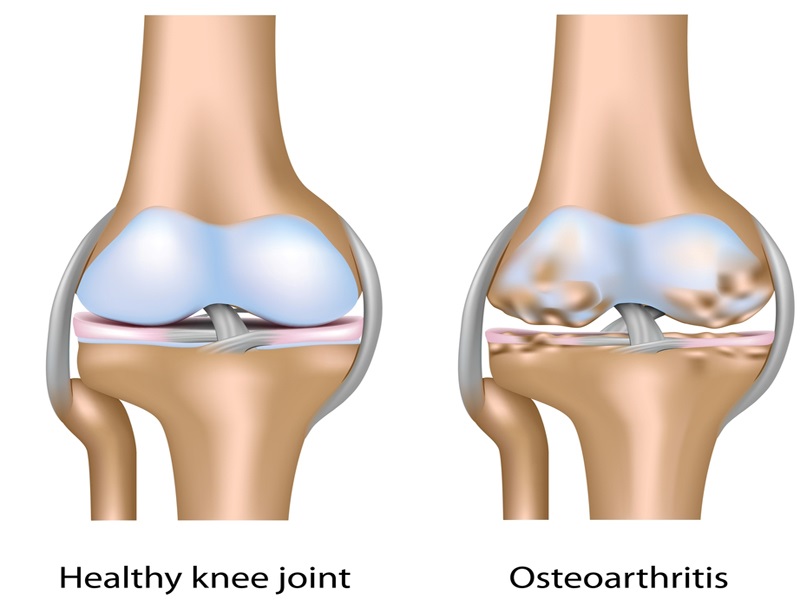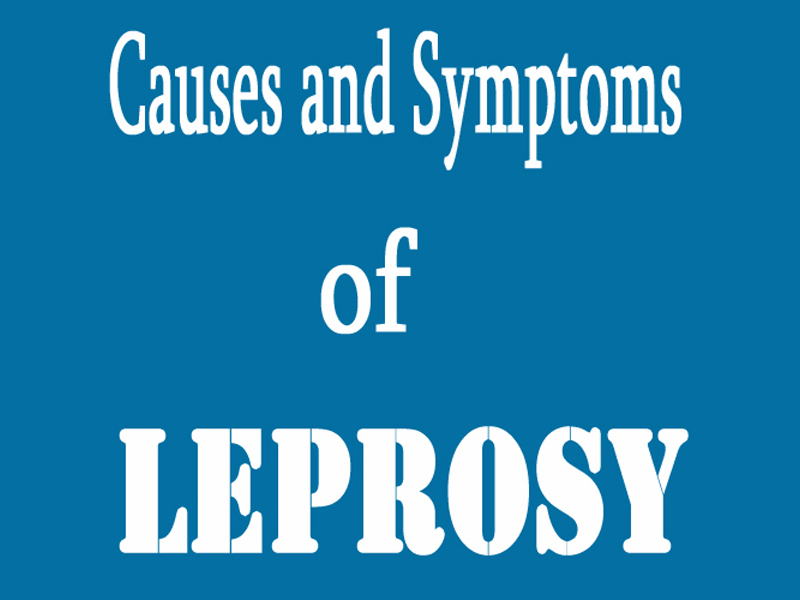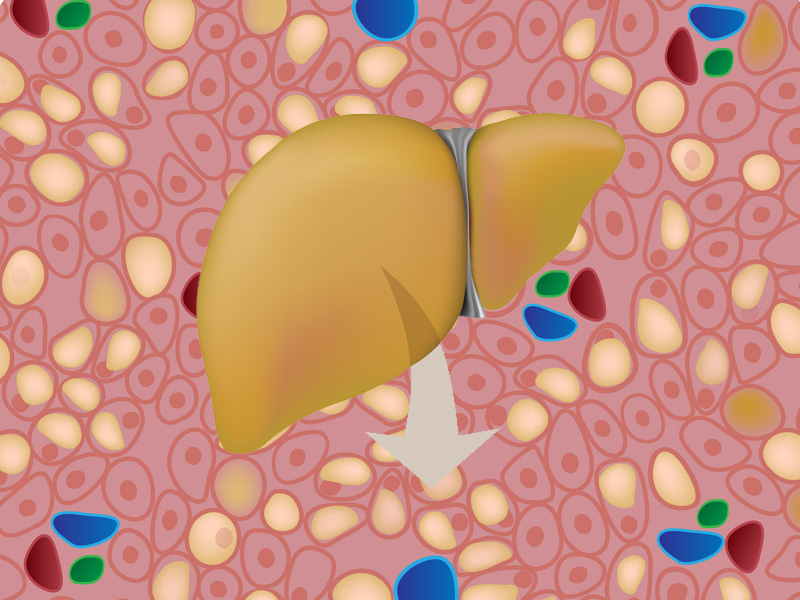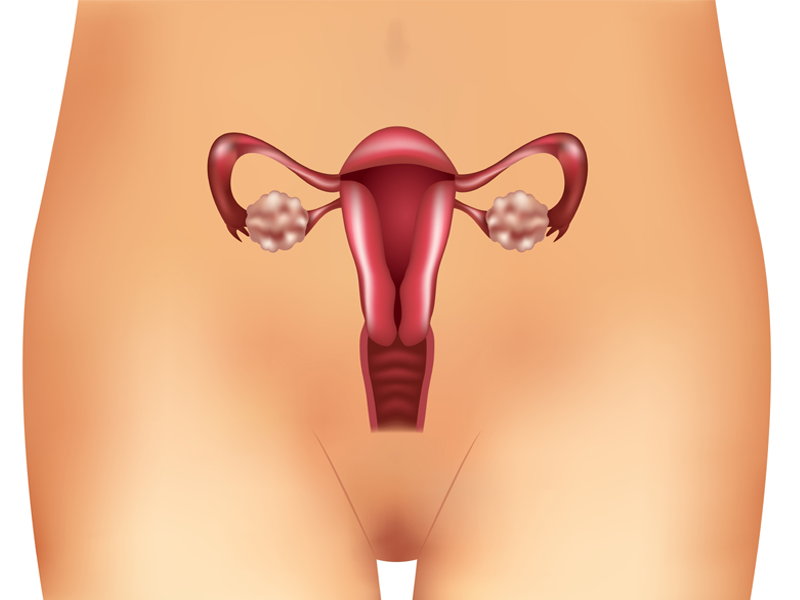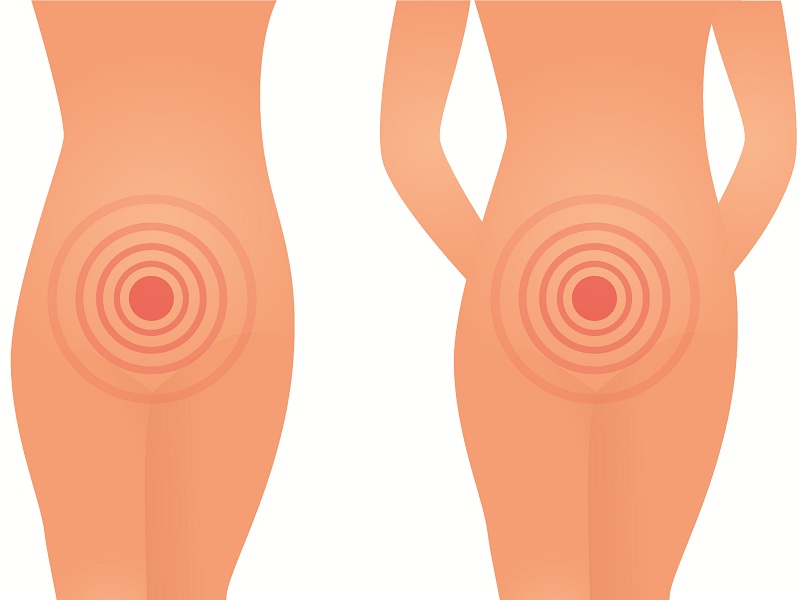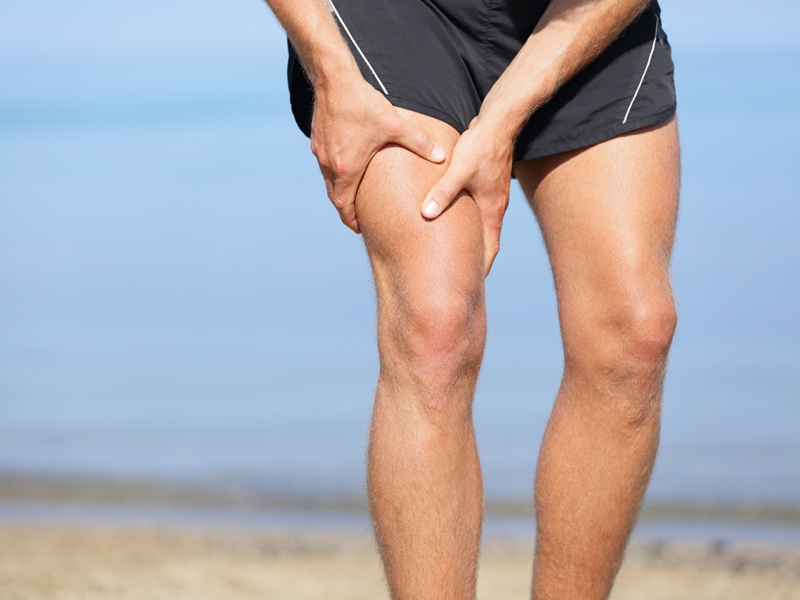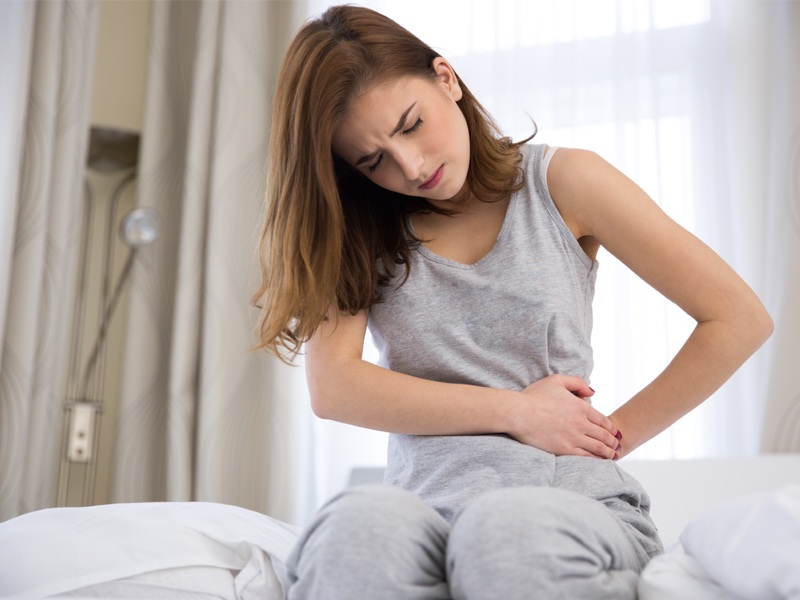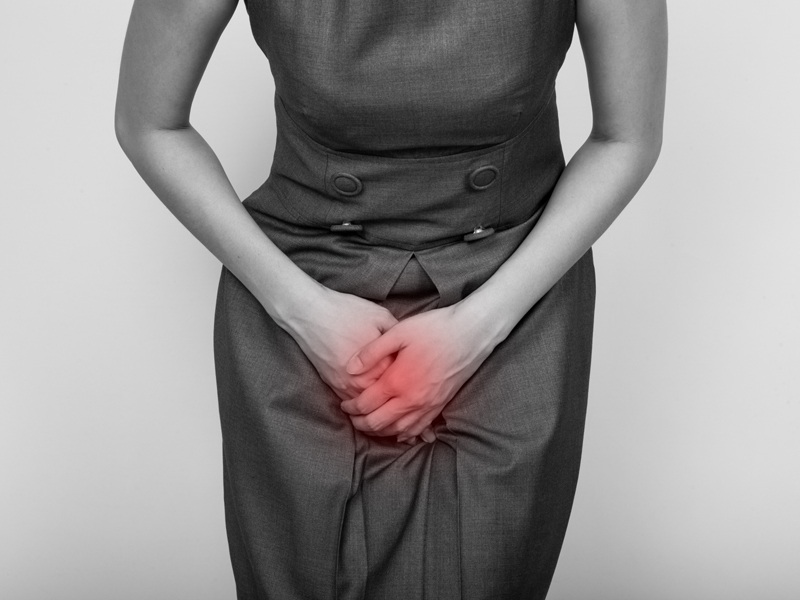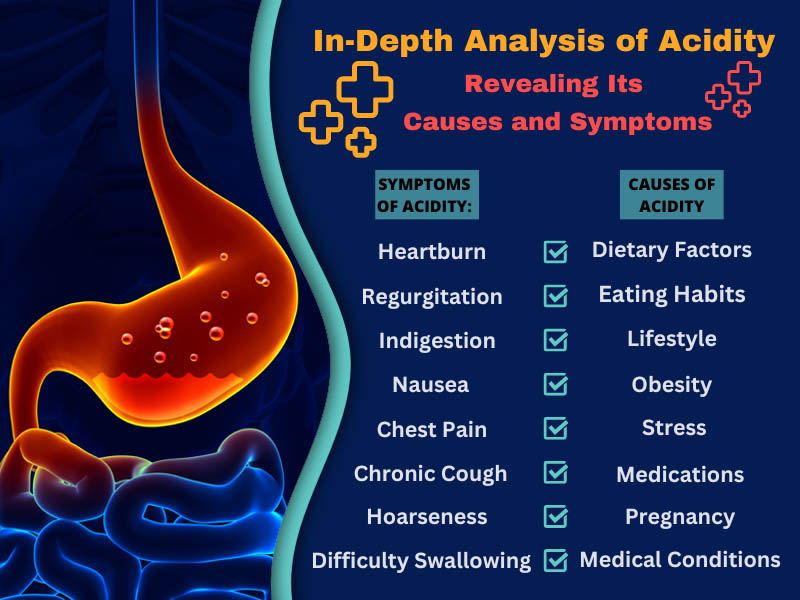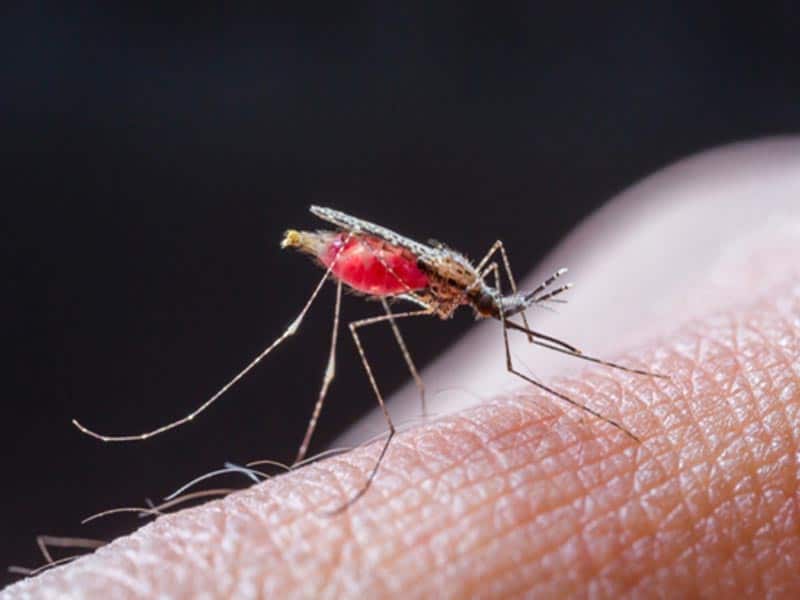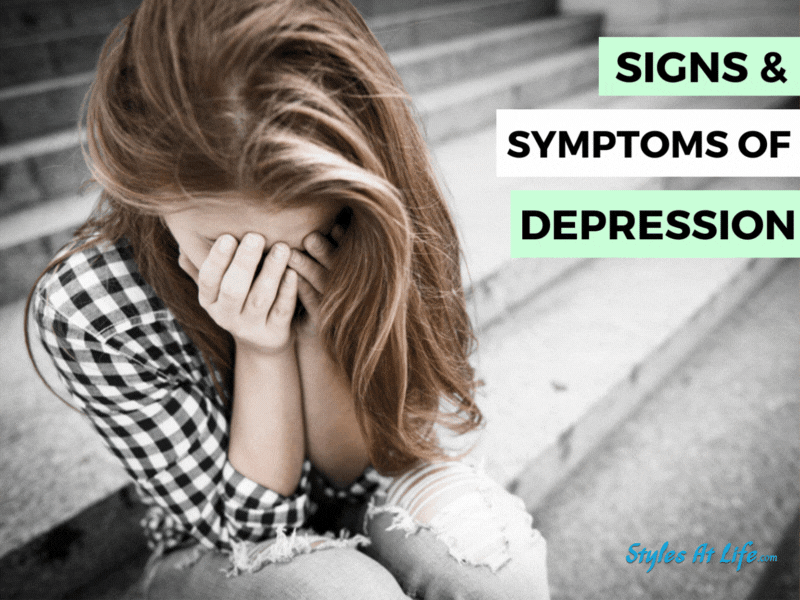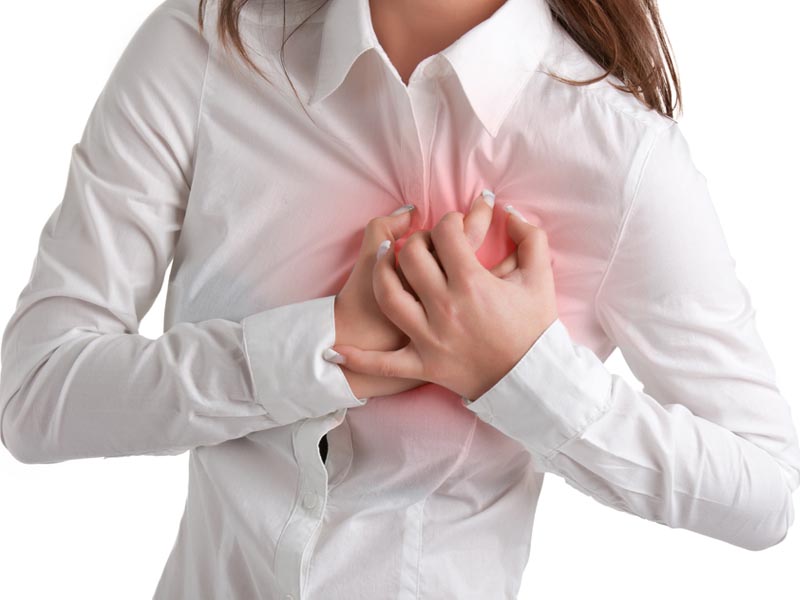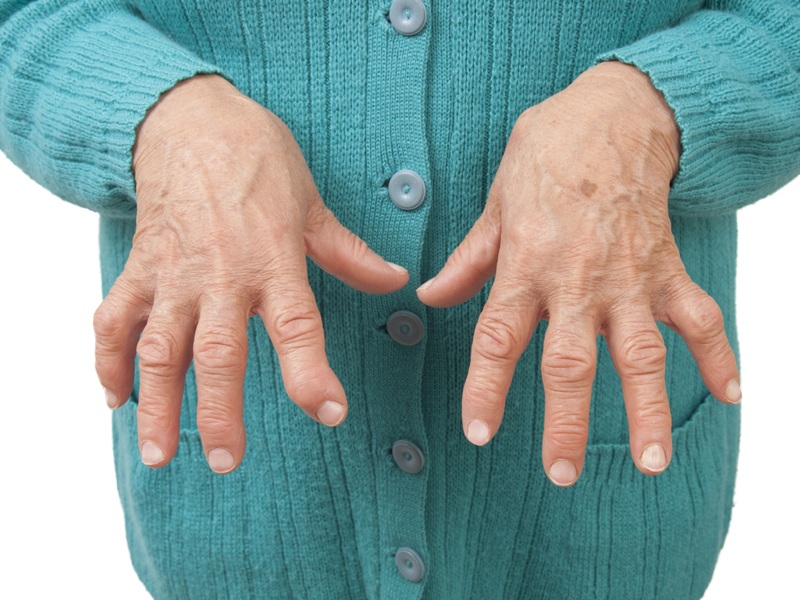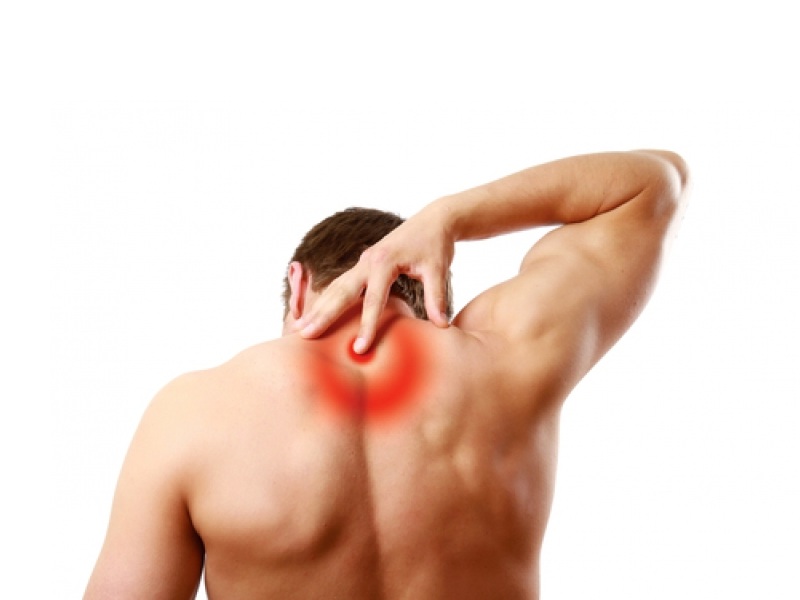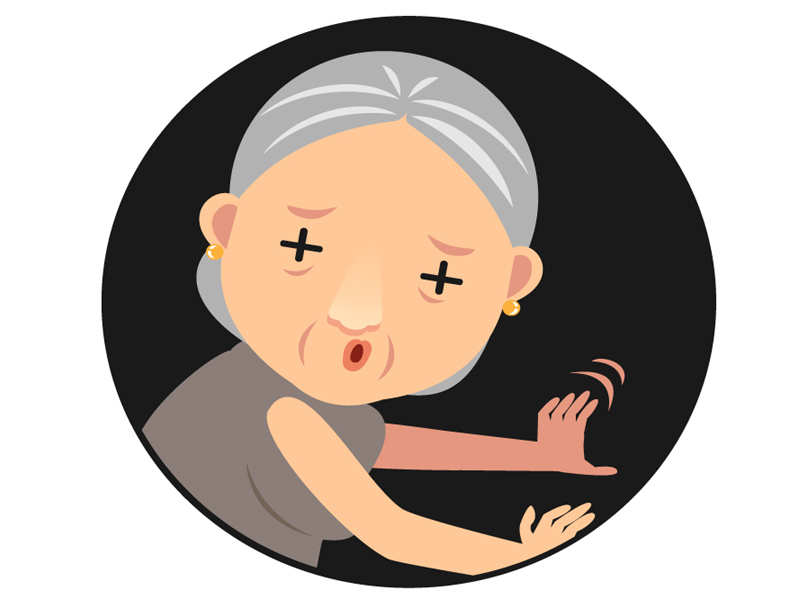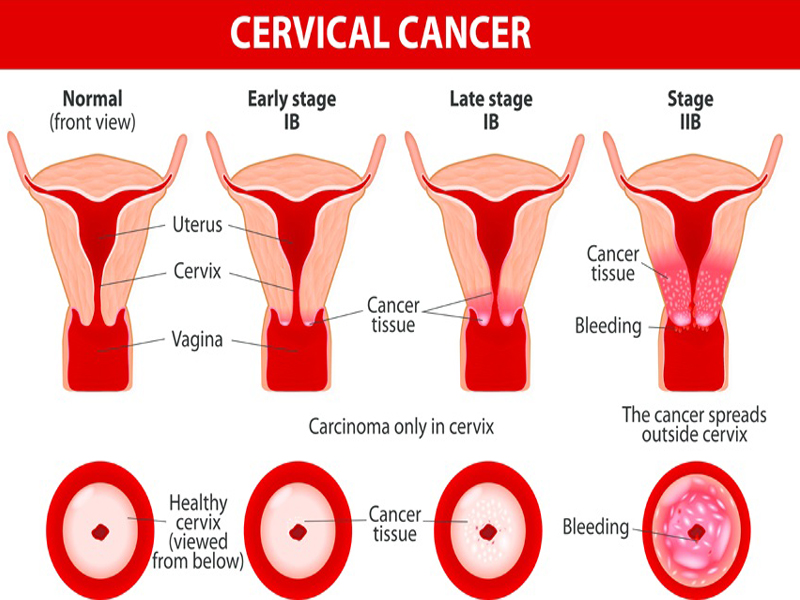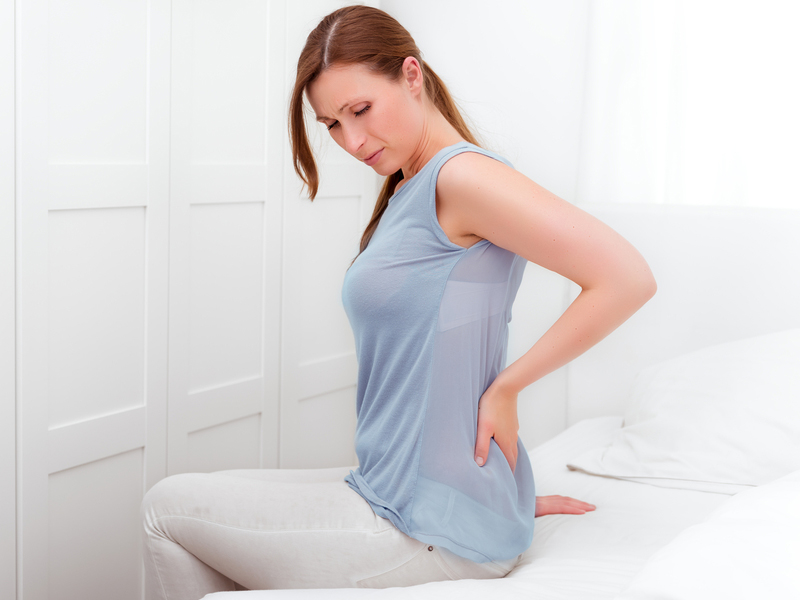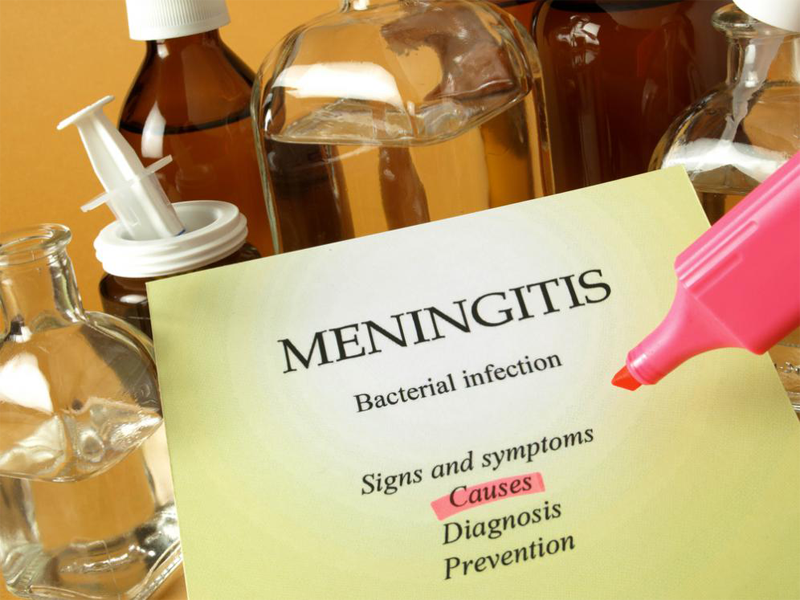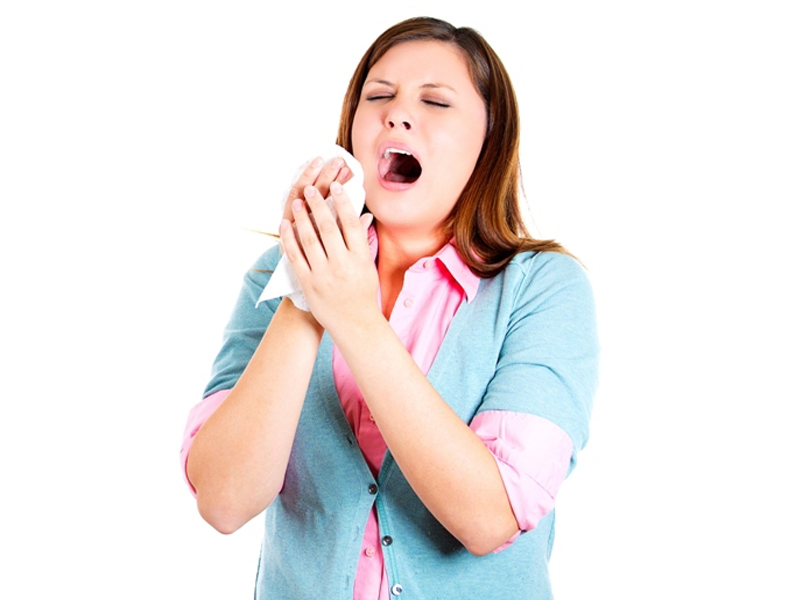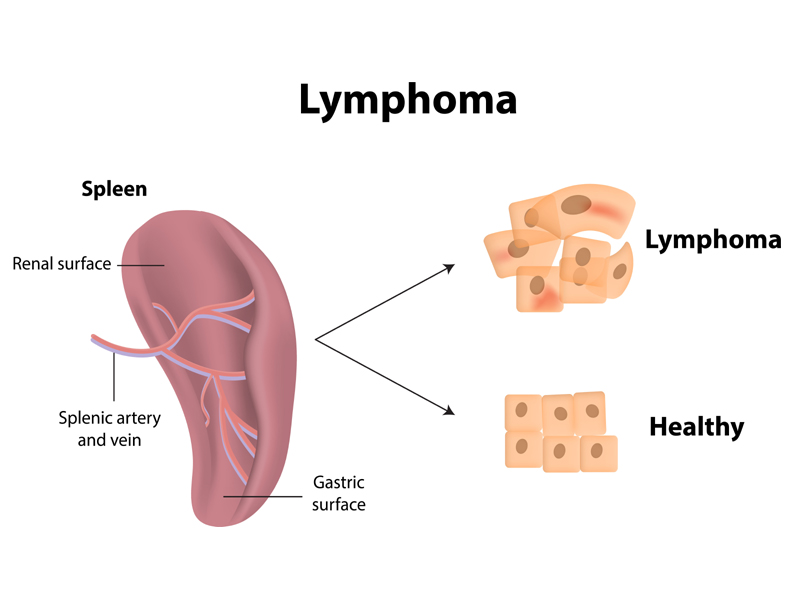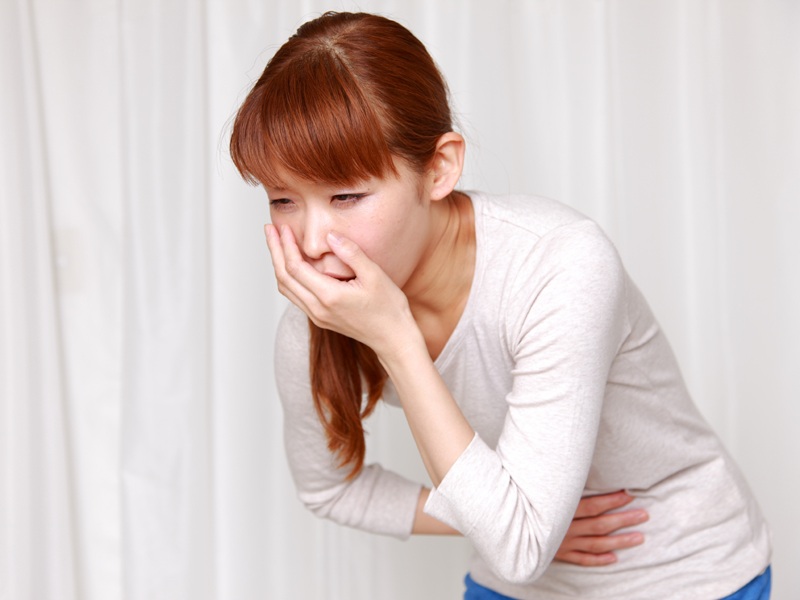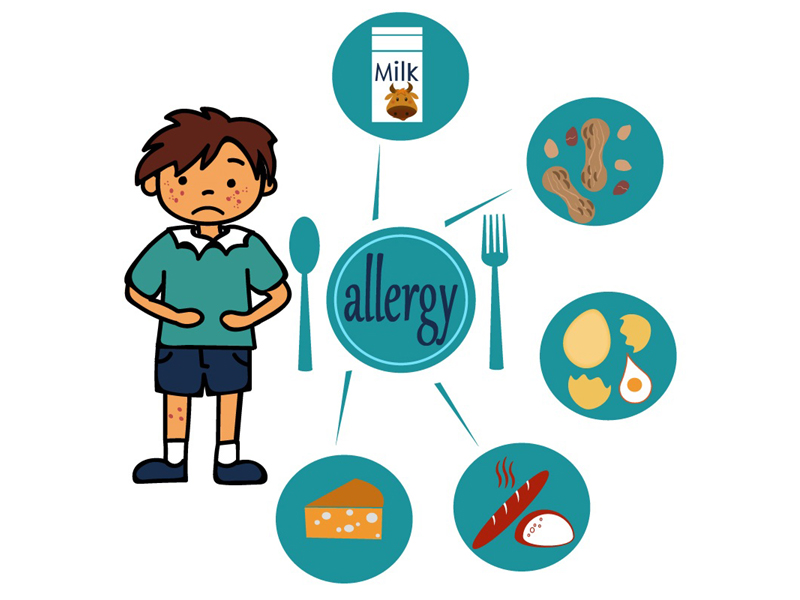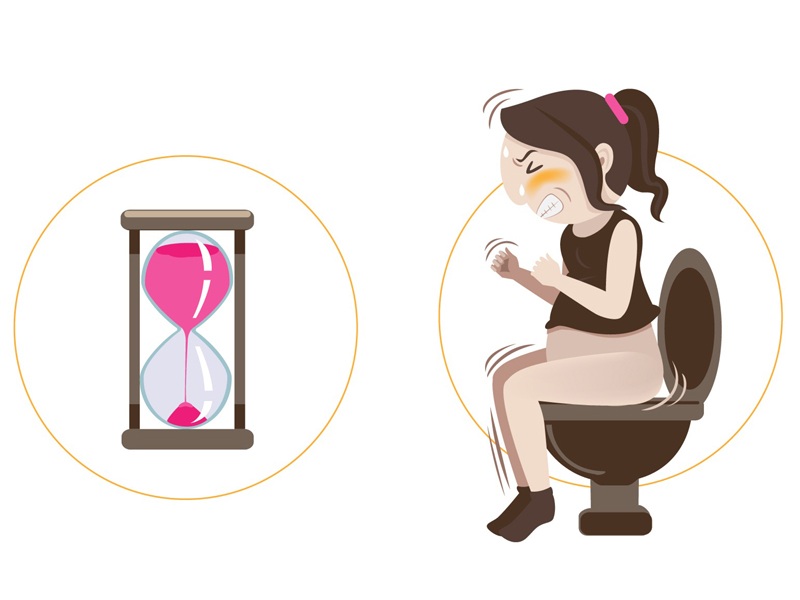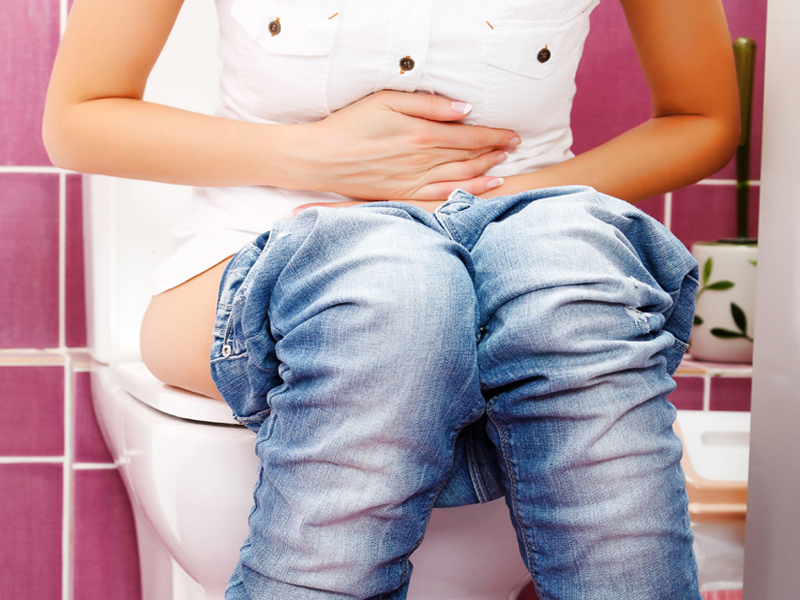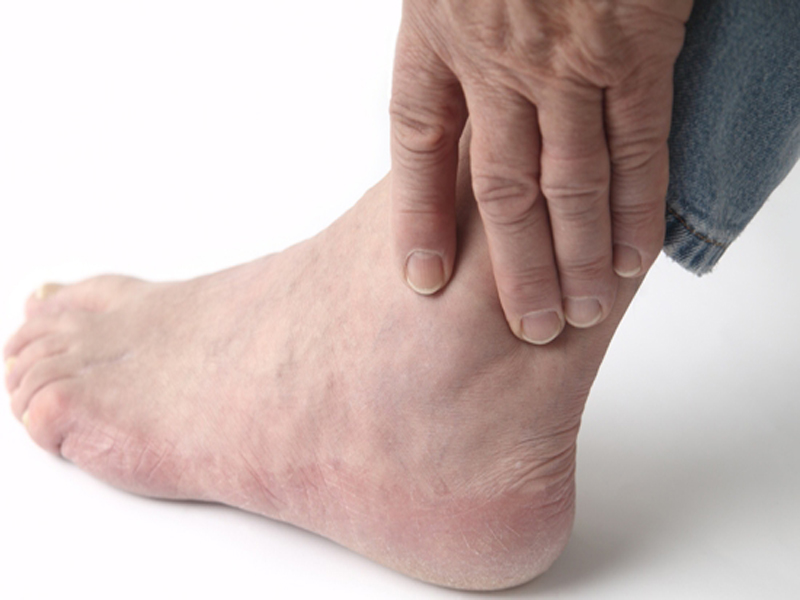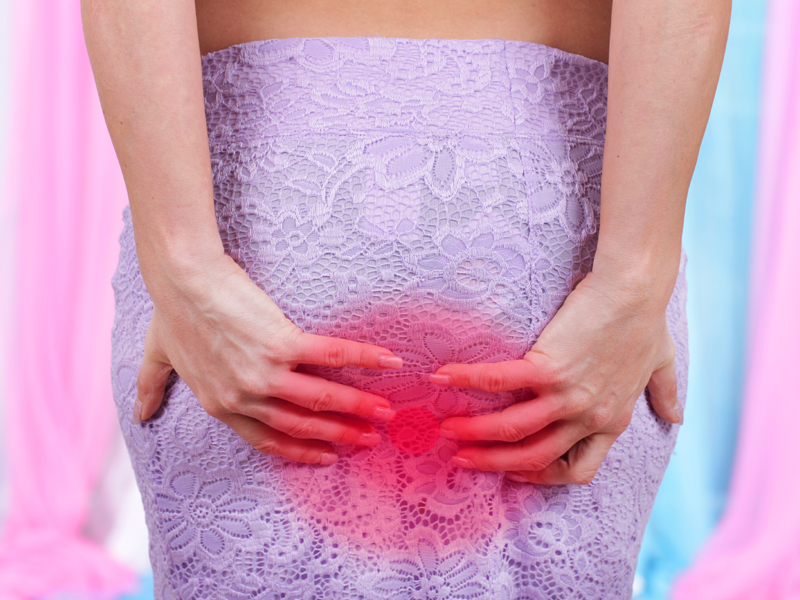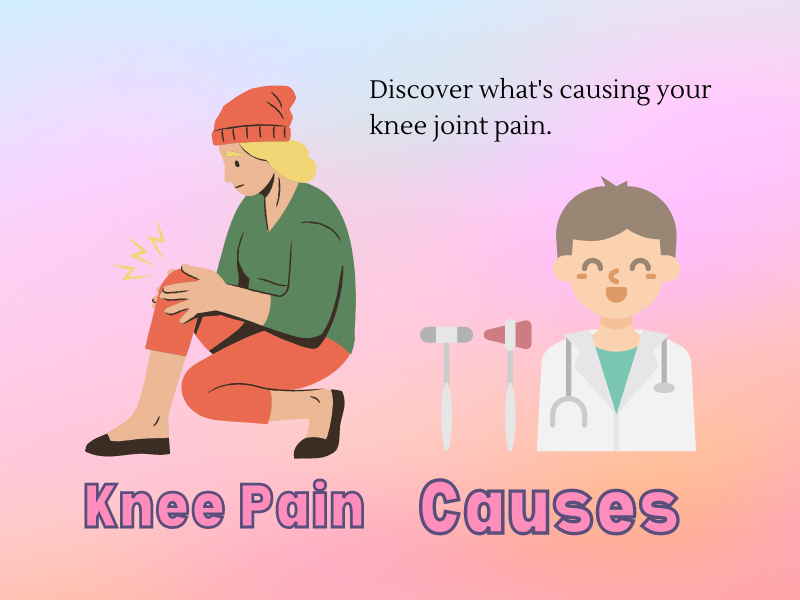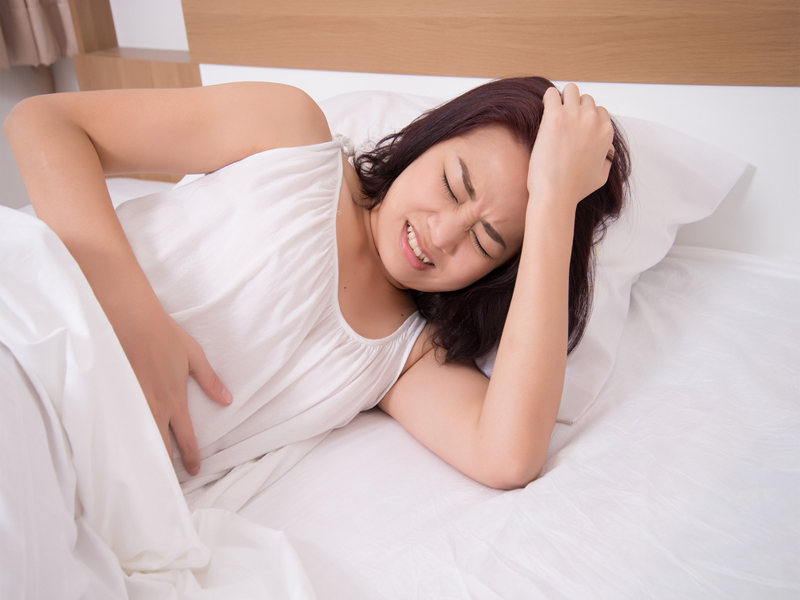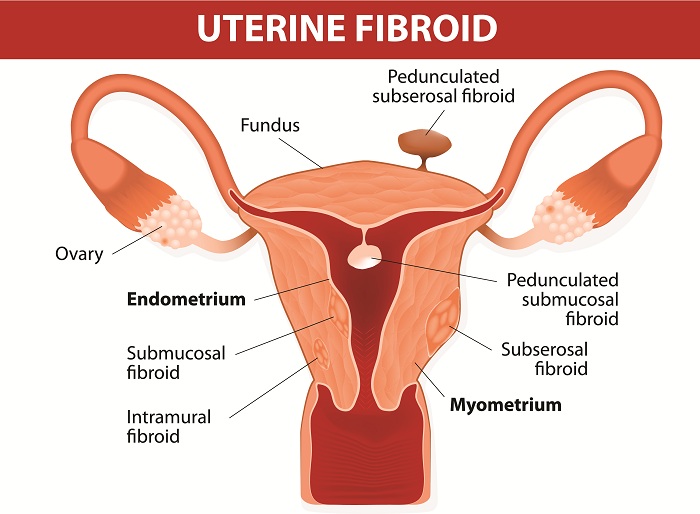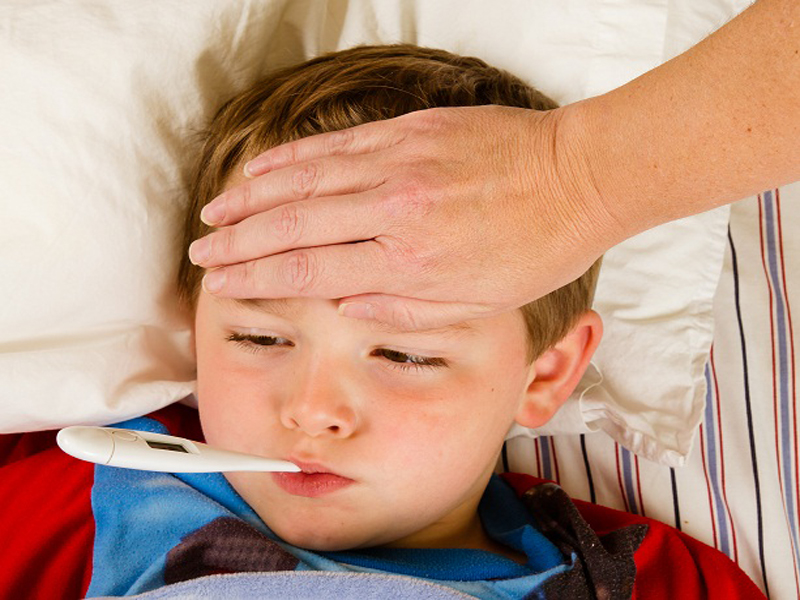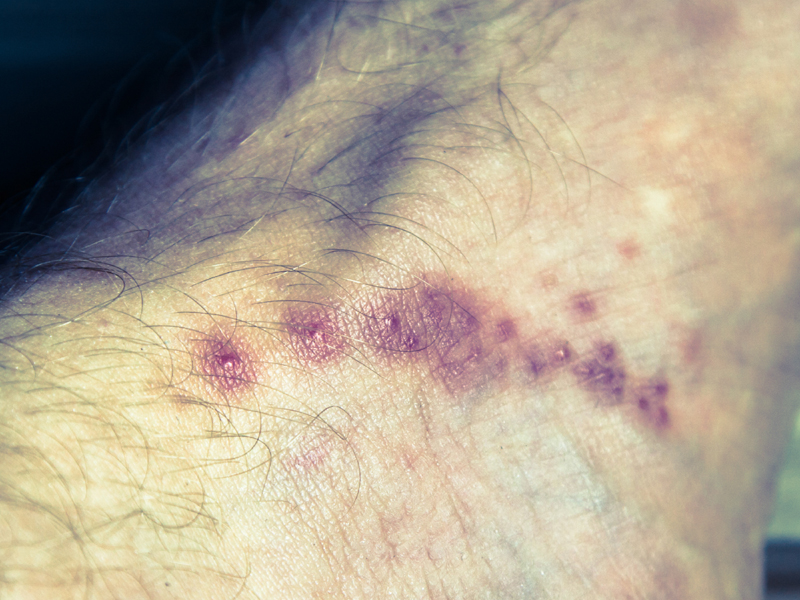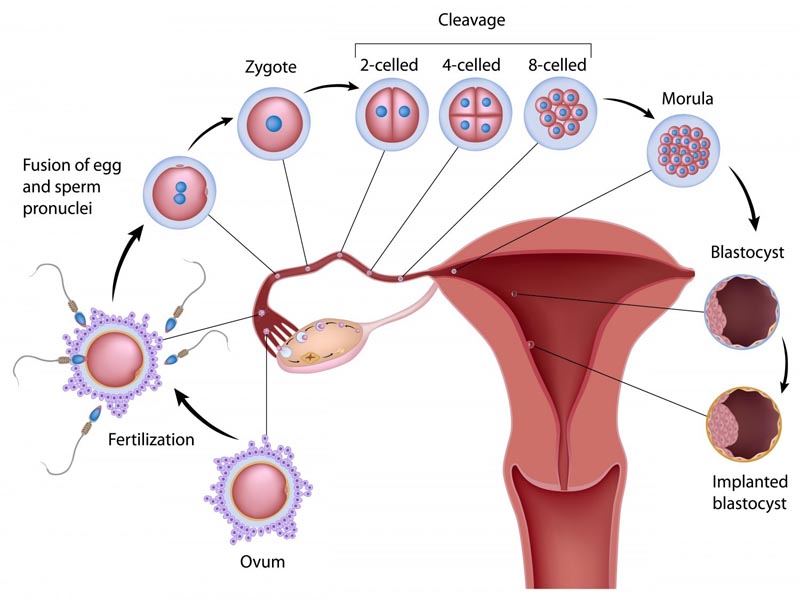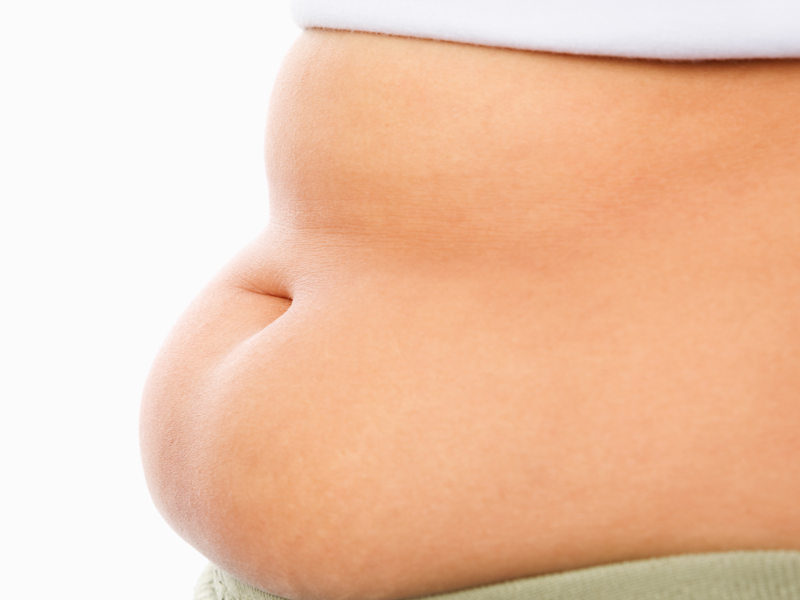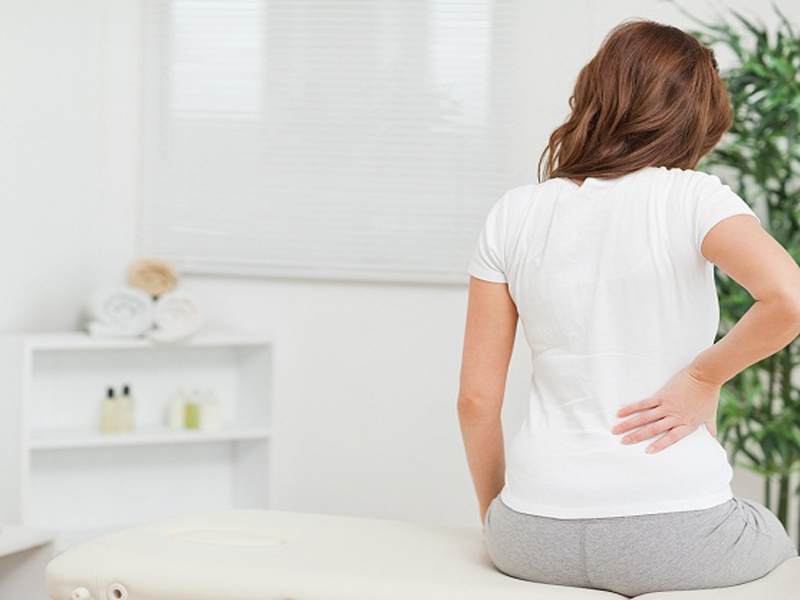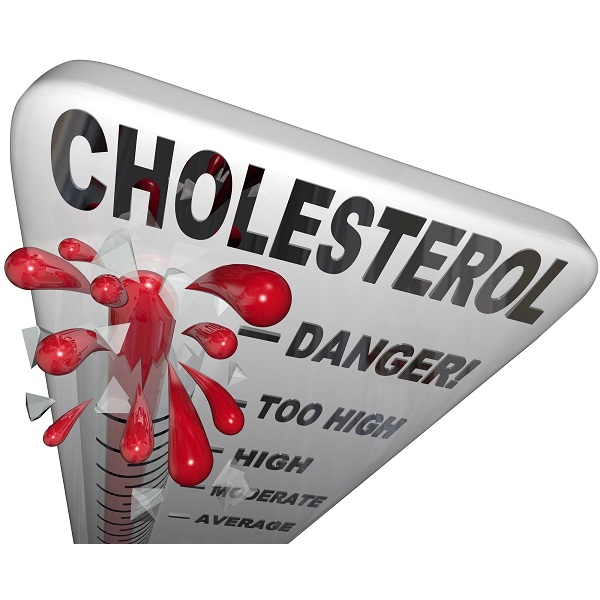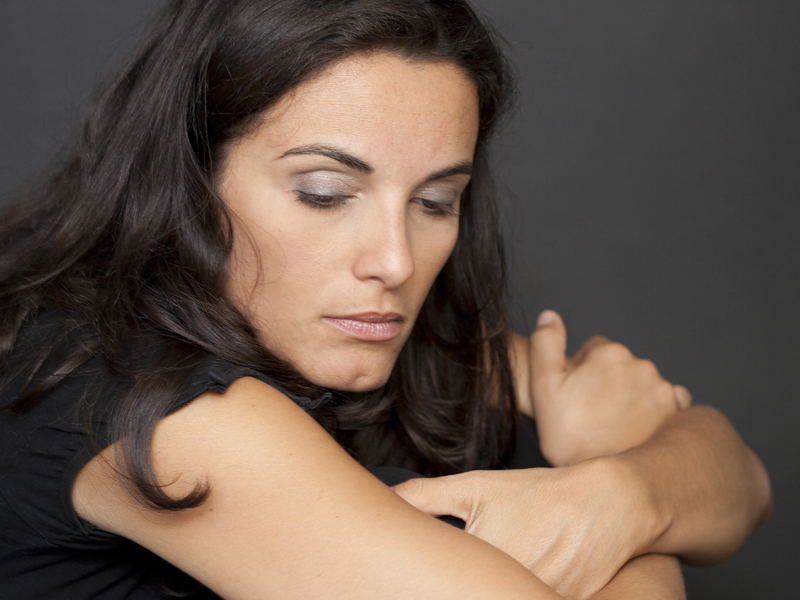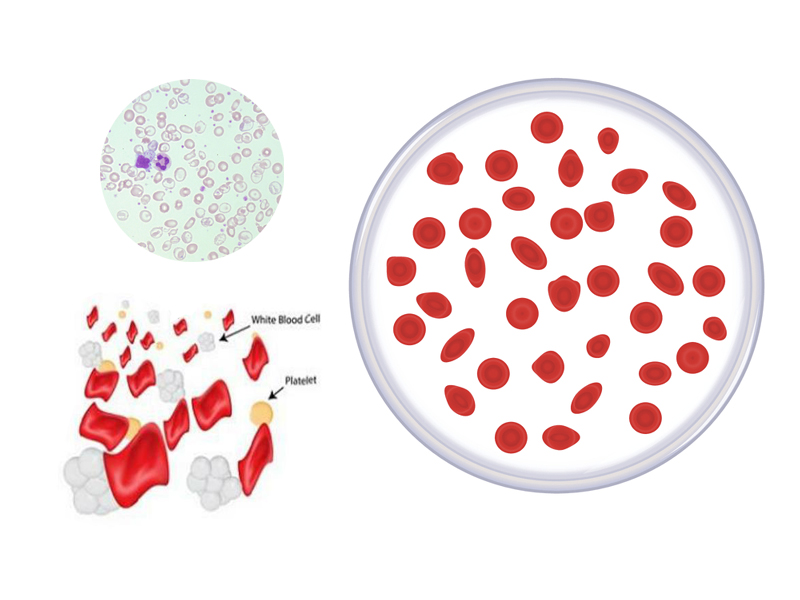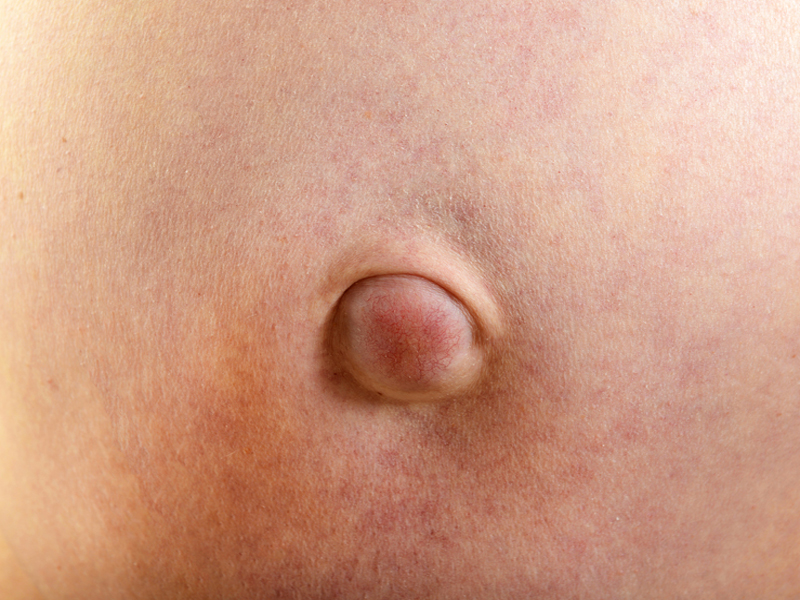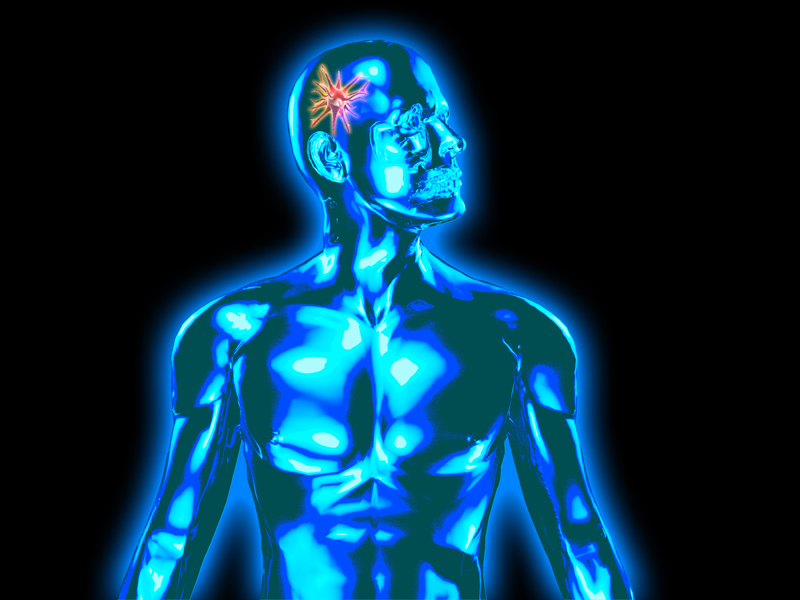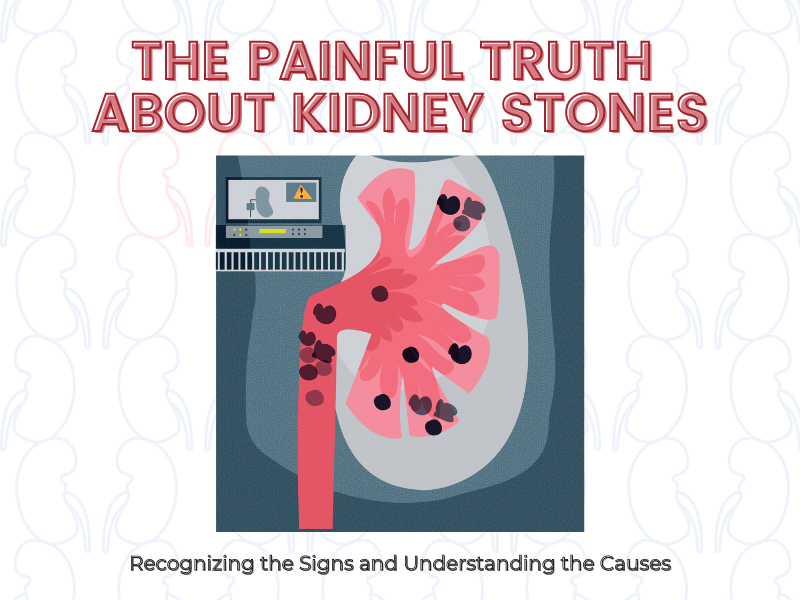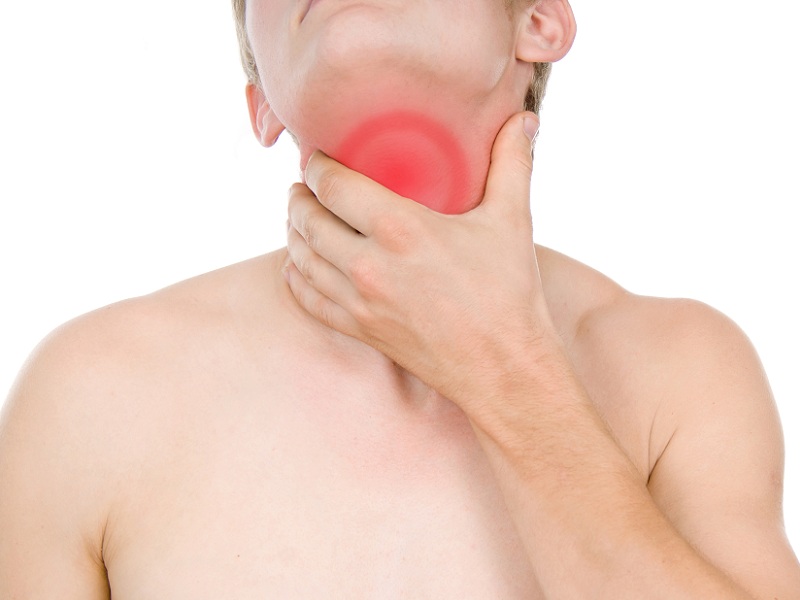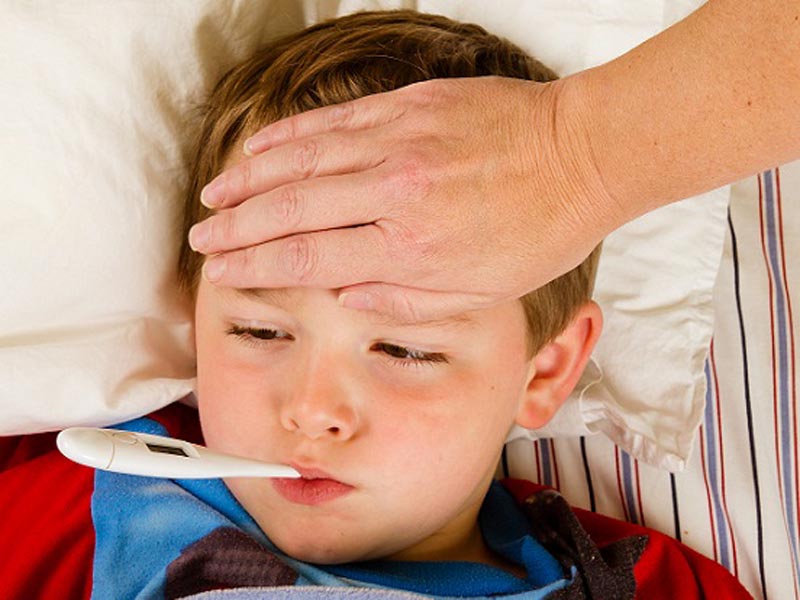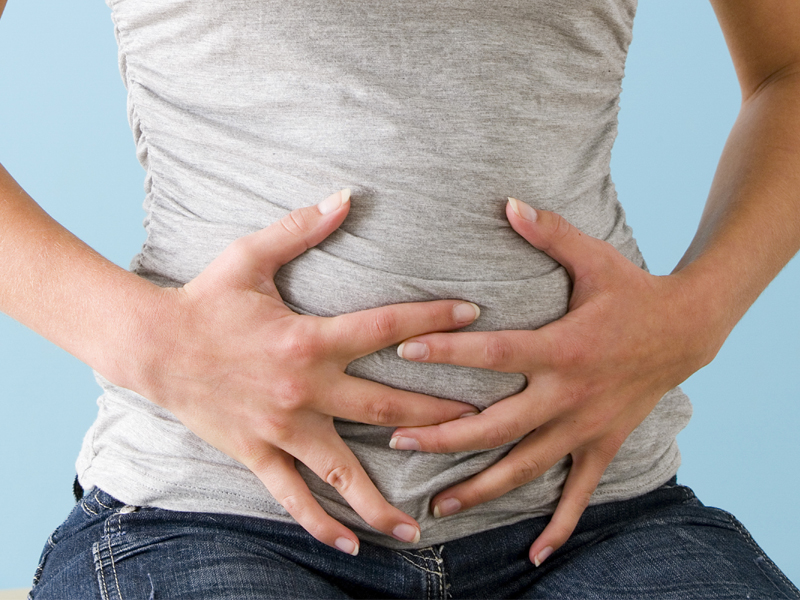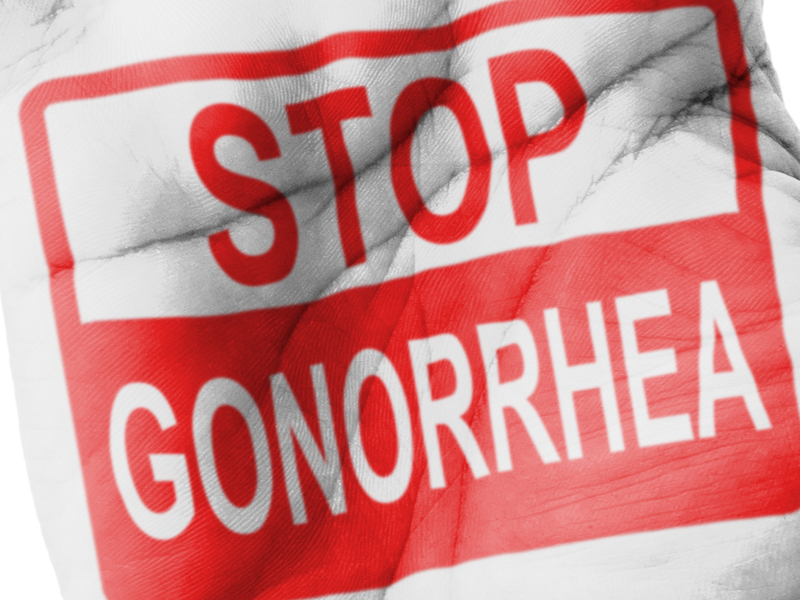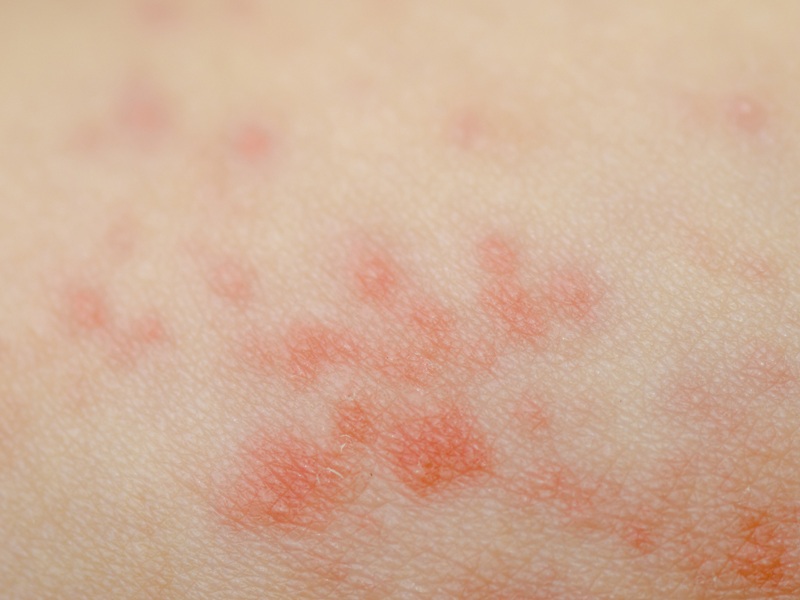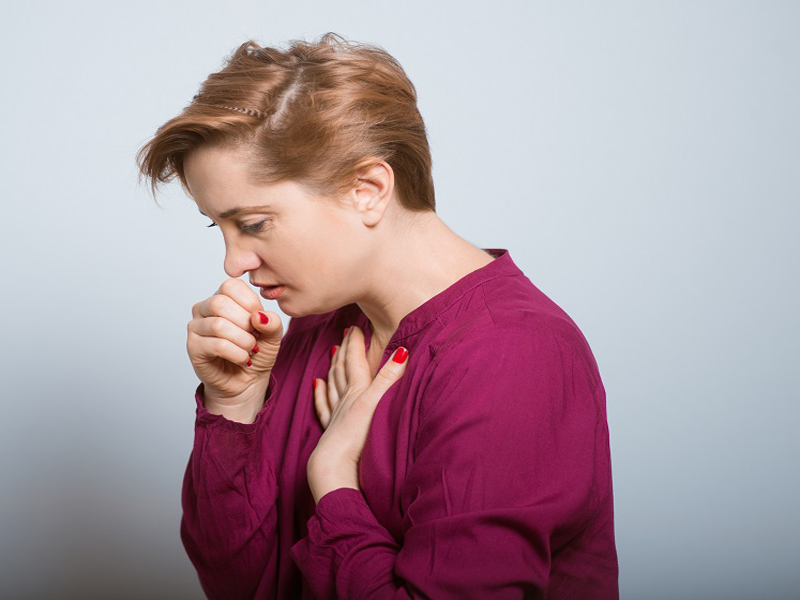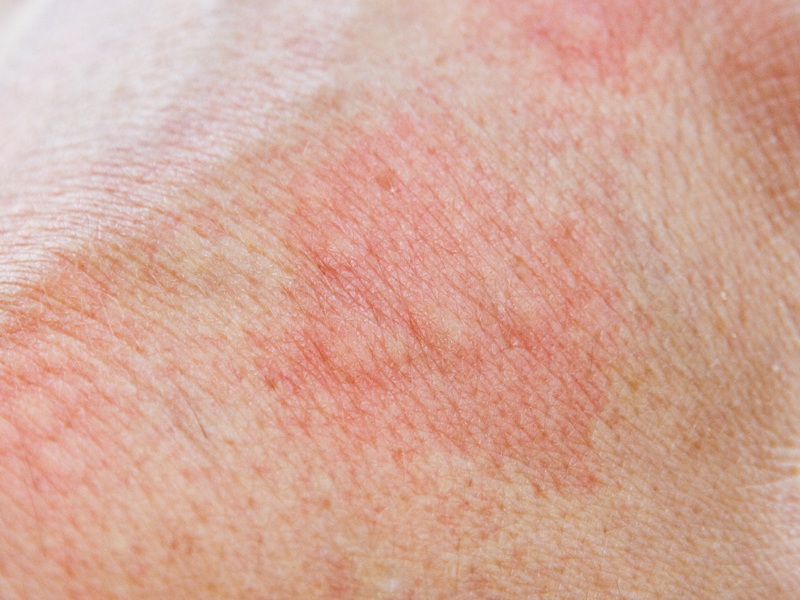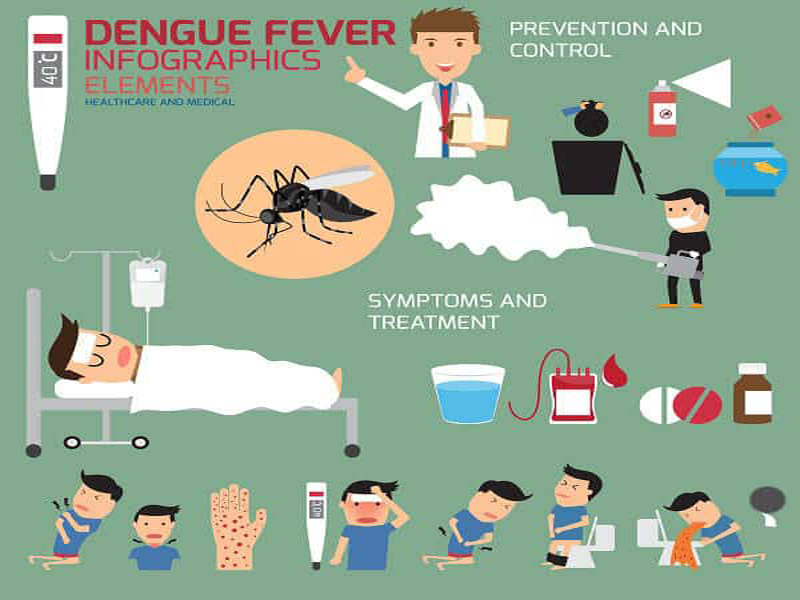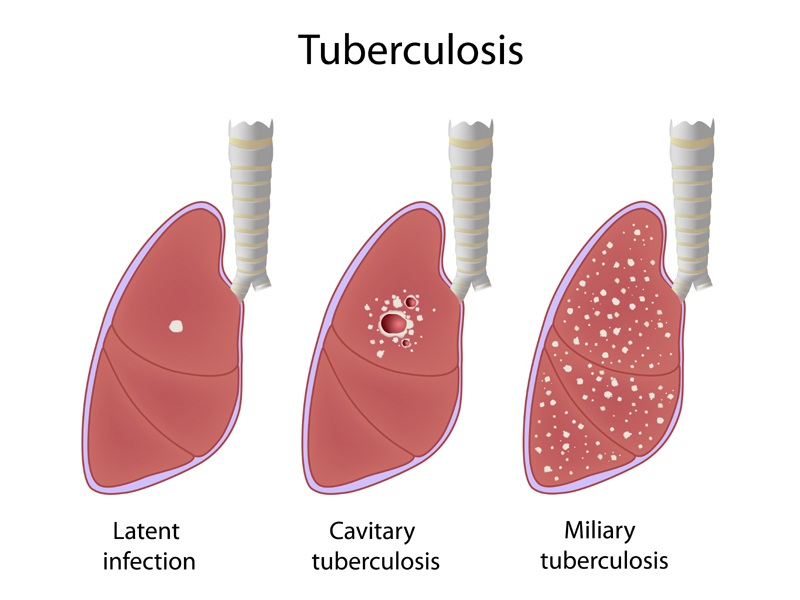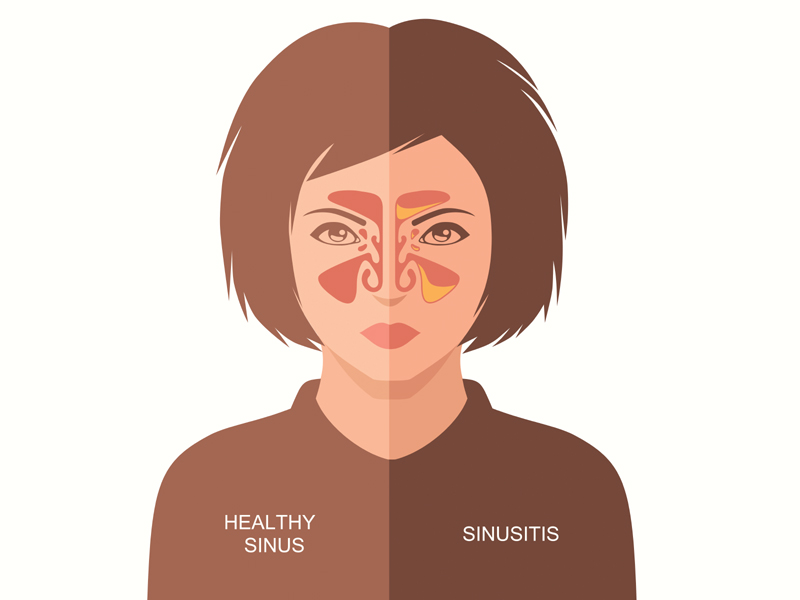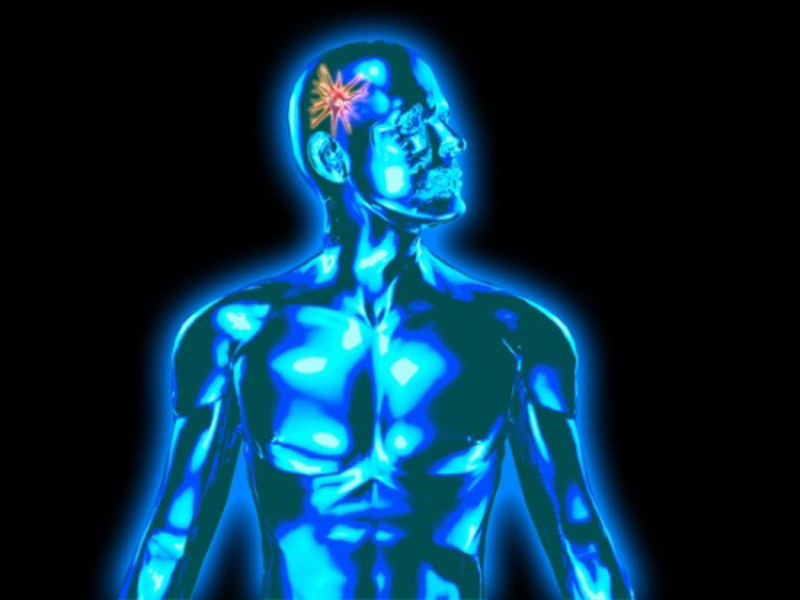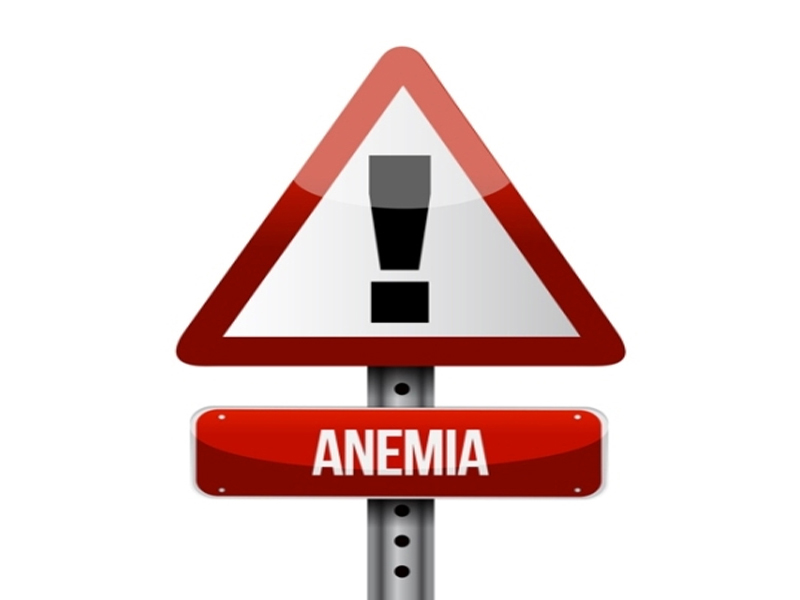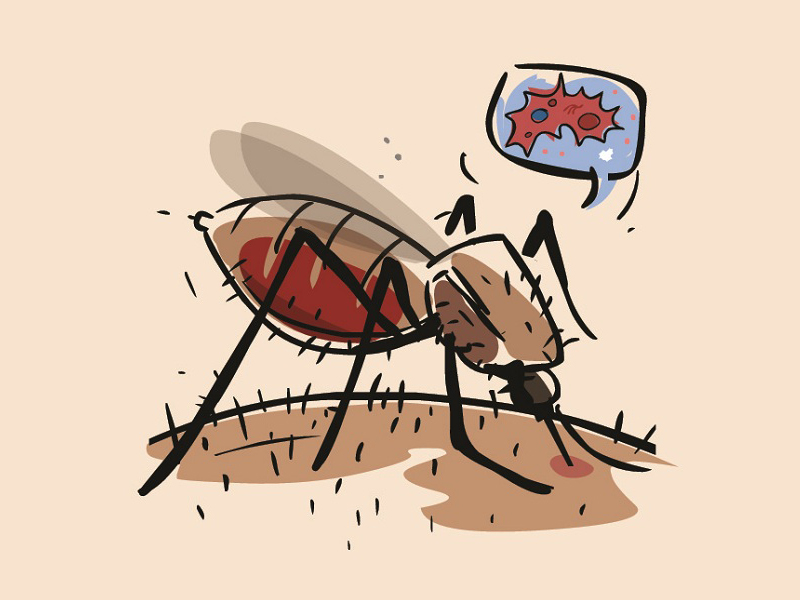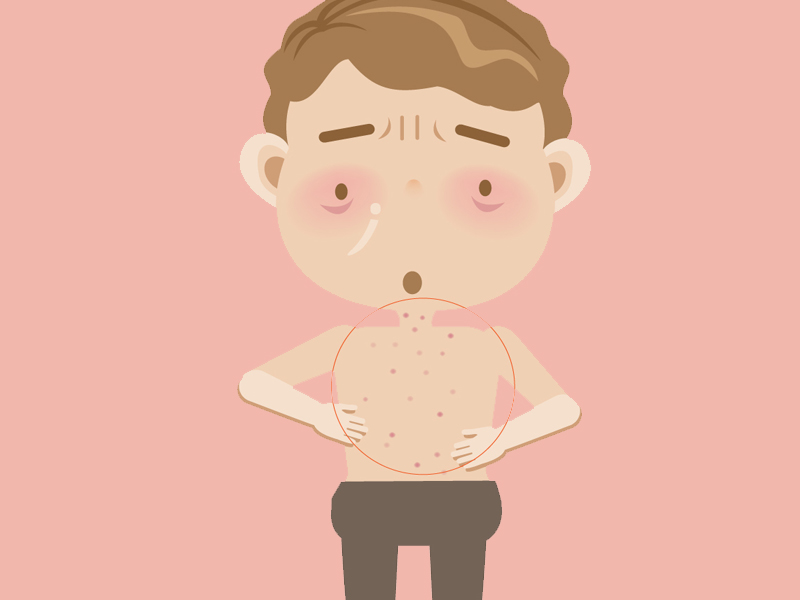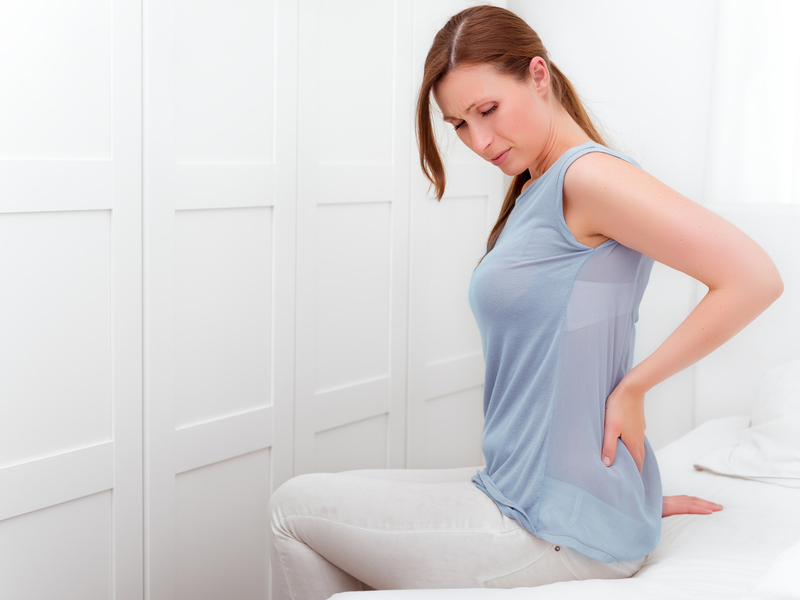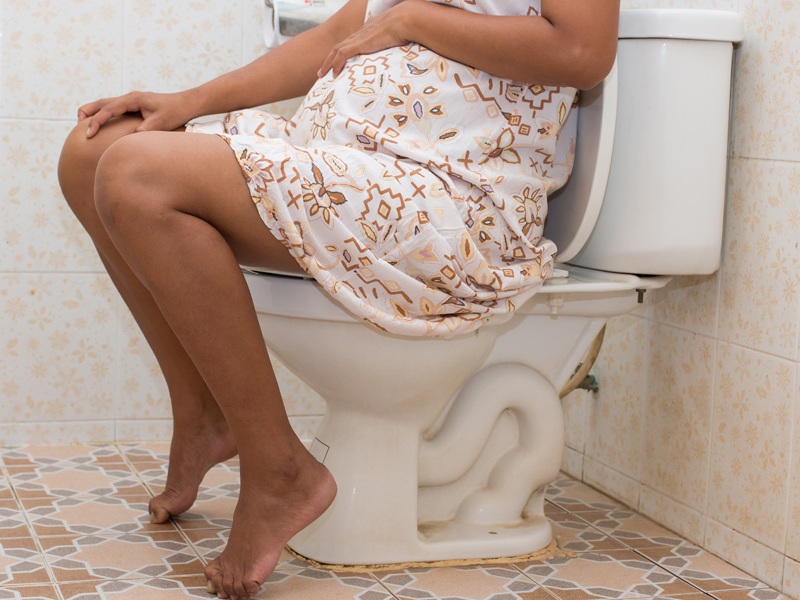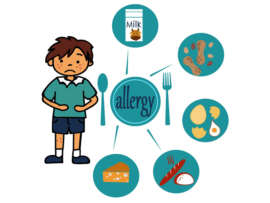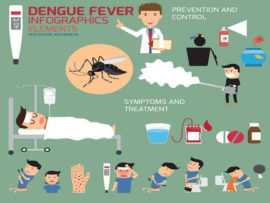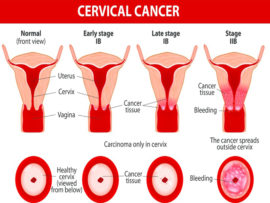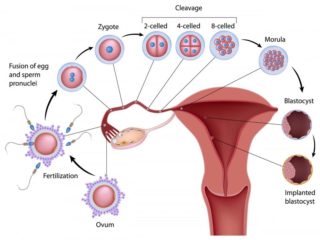As we descend down our body, the intestines come to view just above the intestine which is this large piece of coiled-up tube-like structure that plays an integral part in the body’s digestion and excretory process. Intestines, two in number, the large and the small intestine also is responsible for the secretion of certain juices or body fluids to soothe and smooth down the process. Much like any other body part, our intestines are prone to certain medical conditions too. A proper intestinal condition is a colitis. Colitis is basically an inflammation in the intestinal region that at times affects the rectum in our back too. In a nutshell, it is the colon, which is another name for the large intestine is the key target here.
There are different parts to a colon. The ileum which is the large part of the small intestine housed within the large intestine joins the cecum, that is, the starting of the colon. From there the ascending colon travels up following the right side of the body. The transverse colon runs across the abdomen with the descending colon part descending down the left side of the body. The sigmoid colon is the ending of the large intestine near the rectum where a part of the colon is curved up. This inner lining of the colon when affected forms colitis which is mainly caused by infection or inflammation.
There are often two different types of colitis conditions- One being acute colitis and the other being chronic in nature. Acute colitis is somewhat fast in its working and mainly occurs due to a specific set of reasons. Such as the killing of bacteria that could have helped the body; Just like yeast, there are often certain harmless bacteria present in the body that take care of our bodily functions. At times too much antibiotic consumption may lead your body to kill the helpful bacteria thereby resulting in colitis. Yet another important cause for acute colitis can be due to loss of blood flow into the colon. This situation or condition is termed ischemic colitis.
There might be loads of reasons as to why a shortage of sufficient blood flow occurs. The other kind, that is, chronic colitis is a slow progressive period of colitis where the exact reasons are always a bundle of confusion. According to scientists, it is related to the body’s immune system reacting differently to a certain pathogen in the body.
Symptoms And Causes Of Colitis:
This article will guide you about are main causes (reasons) and signs or symptoms of colitis in men and women that make you aware of this problem.
#Main Causes of Colitis:
1. Infectious Inflammations:
Often when we speak about colitis, diseases like diarrhoea and food poisoning come up. This is because of the presence of certain viruses and bacteria that cause colon diseases. Usually coming in contact with contaminated water and food may be the reason or source. The bacterium in these elements gets lodged in the intestinal lining and releases a poisonous secretion which causes the lining of the colon to inflame. This is an acute type of colitis. This is why diarrhea is considered to be a consequence of colitis condition.
2. Crohn’s Disease:
This is another way of getting affected by colitis. The key elements in this process include any part of the digestive system starting from the food pipe to the stomach down to the intestinal area and further down to the rectum or point of excretion. This is the same where the digestive tract becomes inflamed. This is one of the main causes of colitis.
3. Microscopic Colitis:
In this form of colitis often there is a merger of two unwanted elements inside the inner lining of the intestine. These two elements are separate diseases that cause the inflammation to occur. Oftentimes, it has been noticed that when the colon walls become engorged, either lymphocytes or collagens get lodged in it causing inflammation.
4. Blood Disorder:
This is where we come back to the ischemic colitis form in detail. Often certain blood diseases like leukaemia or those of a smaller range like anaemia causes loss of red blood cell inside the body by boosting up the production of unnecessary white blood cells. If these losses of red blood cells continue, the condition might often take a serious turn when the intestines which are supposed to be drenched in sufficient amounts of blood receive less and lesser blood with the passing of time. This acute shortage of blood in the intestinal region causes colitis which is termed as ischemic colitis.
5. Ulcerative Colitis:
This is a chronic form of colitis which is long-lasting and slowly progressing. This is an autoimmune system where the body’s immune system attacks the colon of the body due to their certain mistake of considering a substance as a foreign antibody. This in turn causes inflammation in the scene.
6. Radiation:
Exposure to radiation may also be the cause of colitis. This is often after a person has been through radiation therapy as a part of a previous treatment. The therapy where the abdomen has been exposed to radiation after completion shows a condition called radiation enterocolitis which is similar to colitis. However, this is usually a rare sign.
7. Ischemic Bowel:
In the event that there is concern toward ischemic bowel movement as the reason for colitis, the examination likewise might evaluate the heart and veins, searching for indications of atherosclerosis or narrowing of corridors. This may incorporate listening to the heart and palpating or feeling beats in the neck, arms, and legs; and listening with a stethoscope to the expansive veins in the body including the carotid and femoral courses and the aorta.
8. Viral Contamination’s:
In patients where the clinical conclusion of colitis is auxiliary to viral contamination, no further testing might be required. Be that as it may, this would not matter to a patient who seems poorly, dried out, or has noteworthy agony, fever, or blood in the stool.
Read More: Symptoms Of Diarrhoea
#Symptoms of Colitis:
Here we mention 10 main and common signs and symptoms of colitis, which are very helpful to know about this colitis.
1. Abdomen Pain:
Colitis being an intestinal disorder comes out in the symptom form as an acute abdomen pain. These include cramps and discomfort feeling in the abdomen or upper abdominal region however this is tolerable and bearable. They appear at intervals or might persist all day long. If this pain persists for longer than normal, one should immediately go for a checkup.
2. Blood:
With colitis comes the strong possibility of finding blood in your stool which may or may not be a painful process. If the colitis has affected parts of your rectum too, chances are that the passing of the bowel will be a painful moment due to the present inflammation inside the inner linings of the rectum. This is the same case of diarrhea when blood can be seen escaping your body along with unstoppable bowel excretion. Tenesmus, a medical condition where constant bowel movement is felt may also appear.
3. Colon Growth:
Ulcerative colitis increases your danger of colon growth. Your specialist will perform a colonoscopy and check for malignancy when you get your analysis. It’s critical to plan a subsequent screening eight to 12 months after your specialist analyzes ulcerative colitis. This brings down your danger of colon malignancy.
4. Irritation:
There are two sorts of minuscule colitis, 1) collagenous colitis and 2) lymphocytic colitis. Either collagen or lymphocytes (a kind of white platelet) penetrate into the layers of the mass of the colon, probably a consequence of irritation. This is an unprecedented sickness and might be an auto-safe ailment.
5. Hypersensitivity:
In babies younger than one year of age, colitis is regularly because by hypersensitivities to bovine or soy milk. Hypersensitive colitis might be seen in breastfed babies, where moms drink dairy animals’ milk and pass that protein into their bosom milk.
6. Diarrhea Solid Discharge:
With colitis, especially colitis including the distal colon (rectum and sigmoid colon), the agony frequently crescendos and goes before a diarrheal solid discharge. After the solid discharge, the agony might die down yet then comes back with the following scene of looseness of the bowels.
7. Dehydration:
Endless looseness of the bowels might prompt a lack of hydration, and if sufficiently extreme, the drying out might require treatment with IV liquids or oral rehydration treatment.
8. High Fever:
High fever connected with looseness of the bowels might be a notice sign that a noteworthy disease might be available.
9. Patient History:
In patients with stomach torment and loose bowels, it is critical to discover when the side effects started, to what extent they have endured, whether they travel every which way, and what exacerbates them better.
10. Travel History:
Travel history is imperative, particularly if the patient has as of late gone to a range with possibly debased water supply or poor sustenance cleanliness. Patients regularly inquire as to whether the side effects are brought about by sustenance harming, however, that is a troublesome inquiry to answer promptly. Typically this happens with the utilization of inadequately taken care of or put away sustenance in a home or a family assembling occasion and side effects happen within a couple of hours after the nourishment was eaten. Also, others at the social occasion might encounter comparative manifestations.
Read Next: Symptoms of Food Poisoning
Ulcerative colitis can be crippling and now and again can prompt life-undermining entanglements. While it has no known cure, treatment can significantly diminish signs and side effects of the infection and notwithstanding realize long haul abatement.


